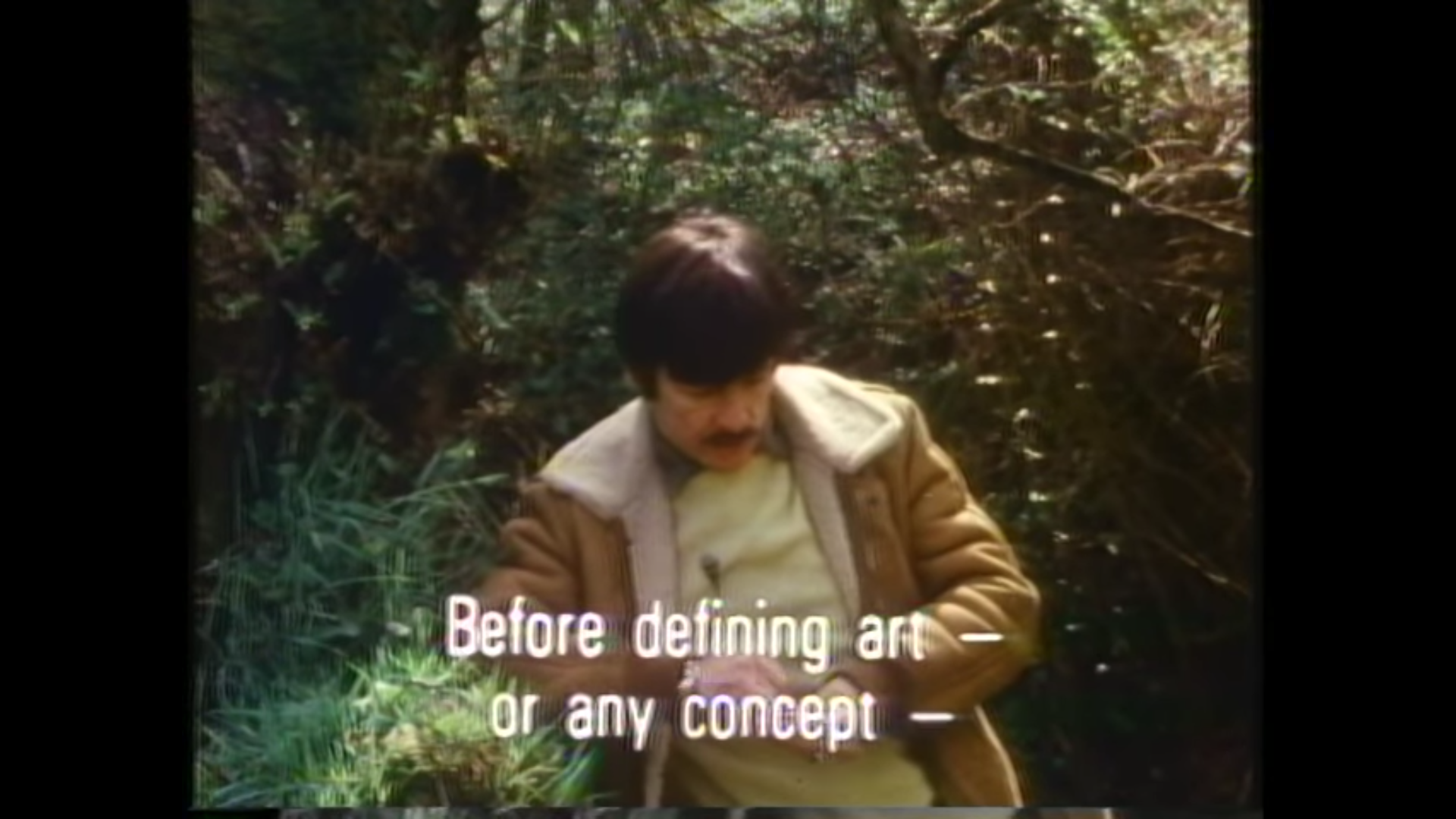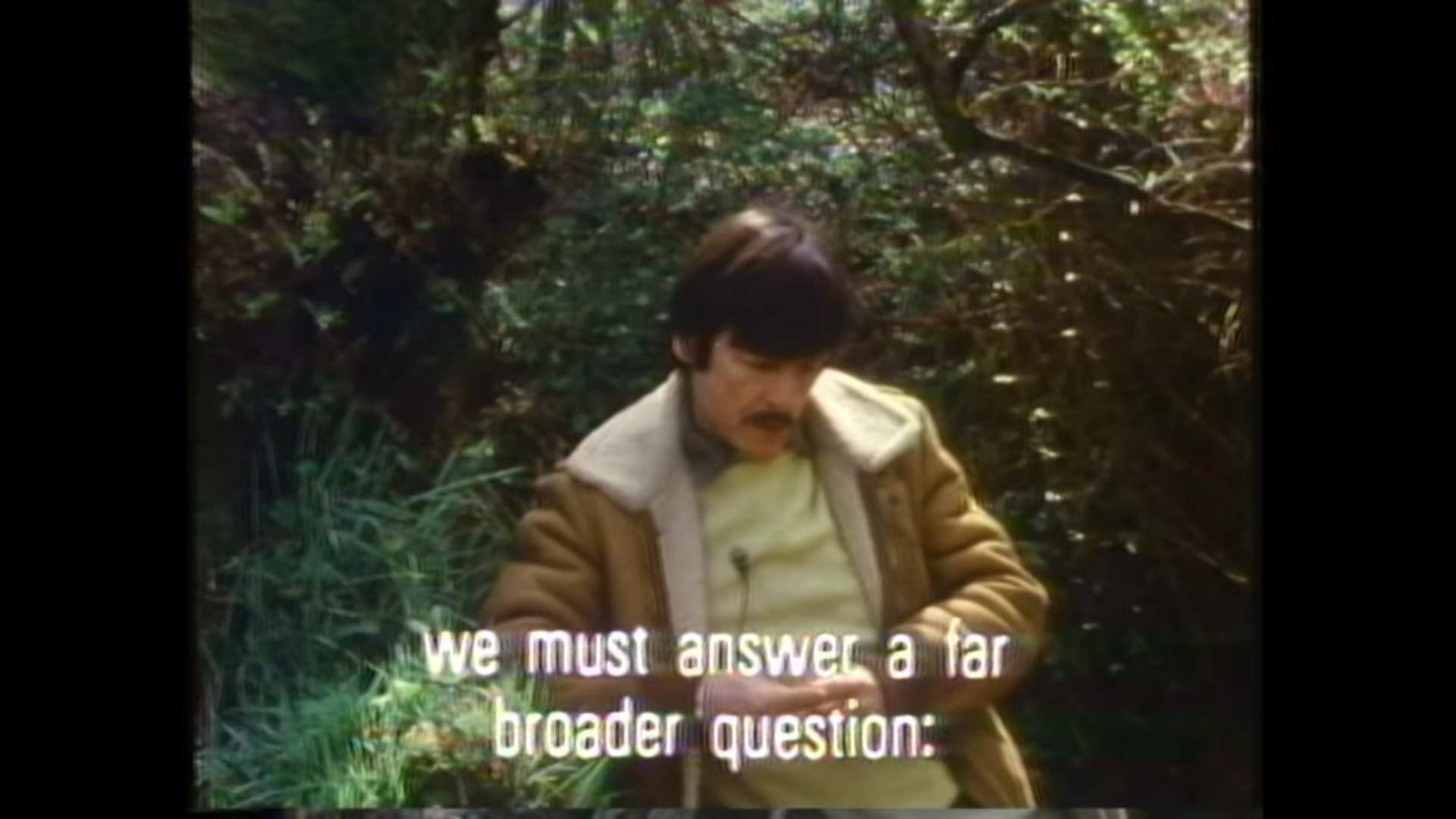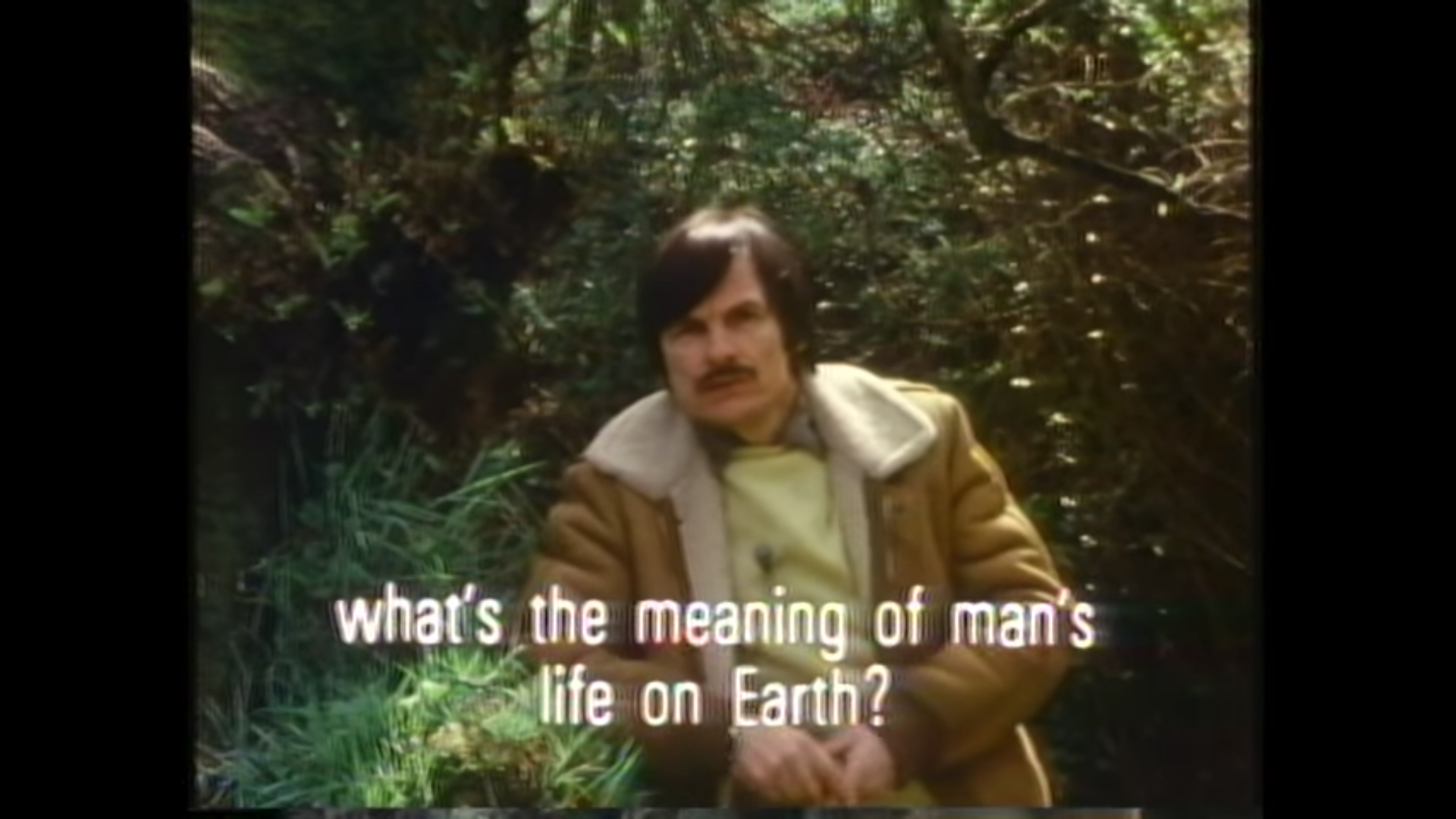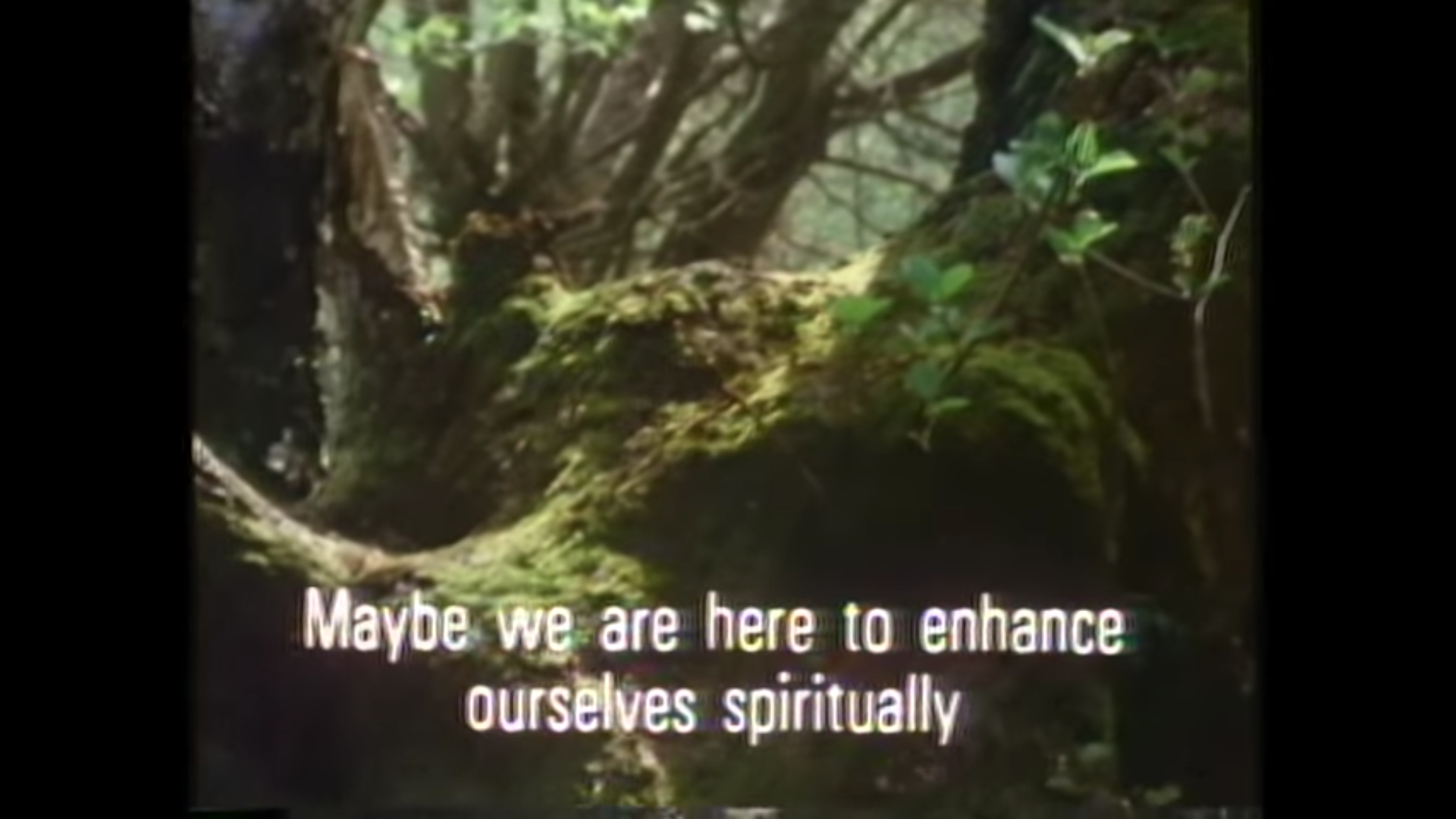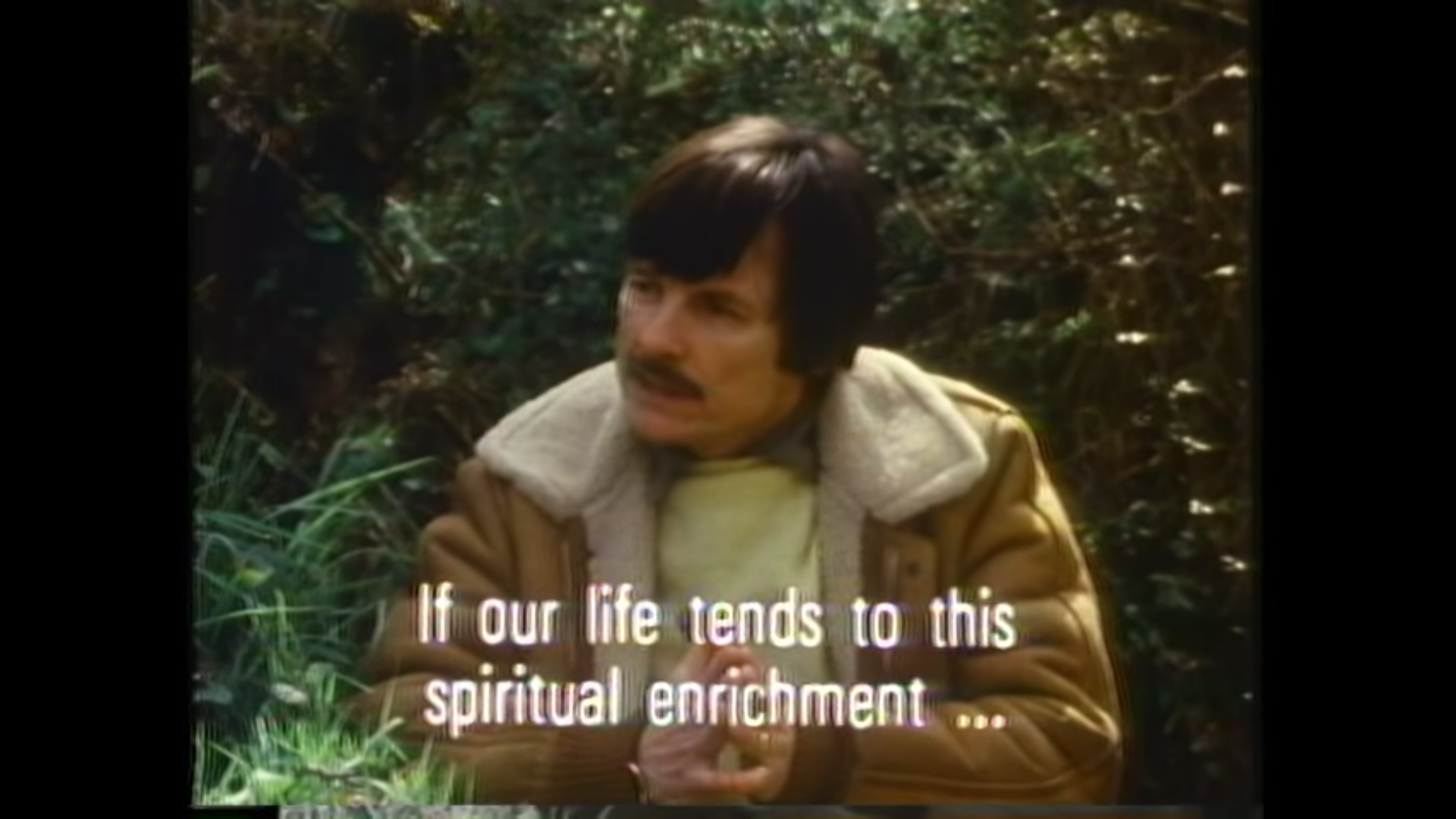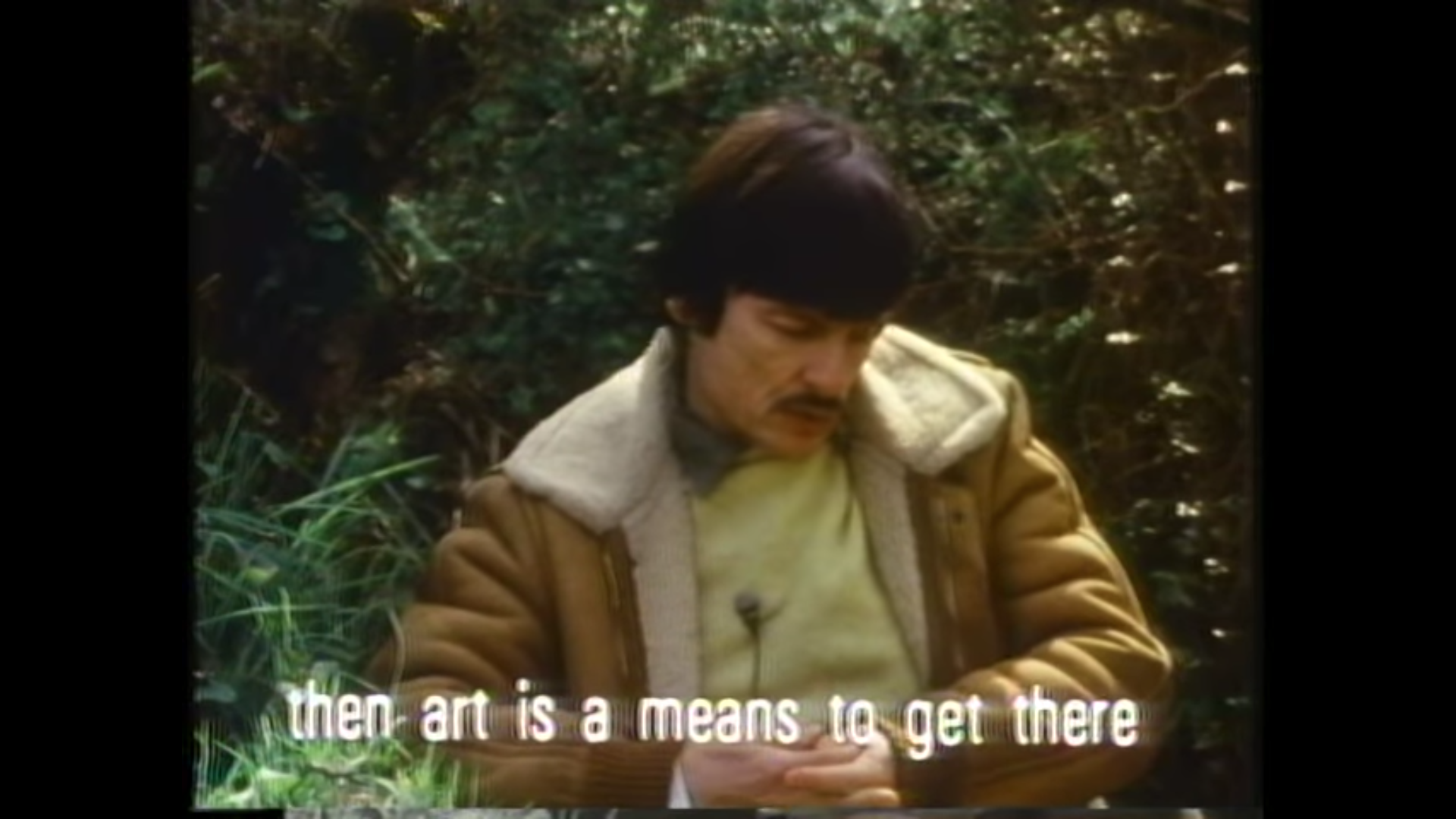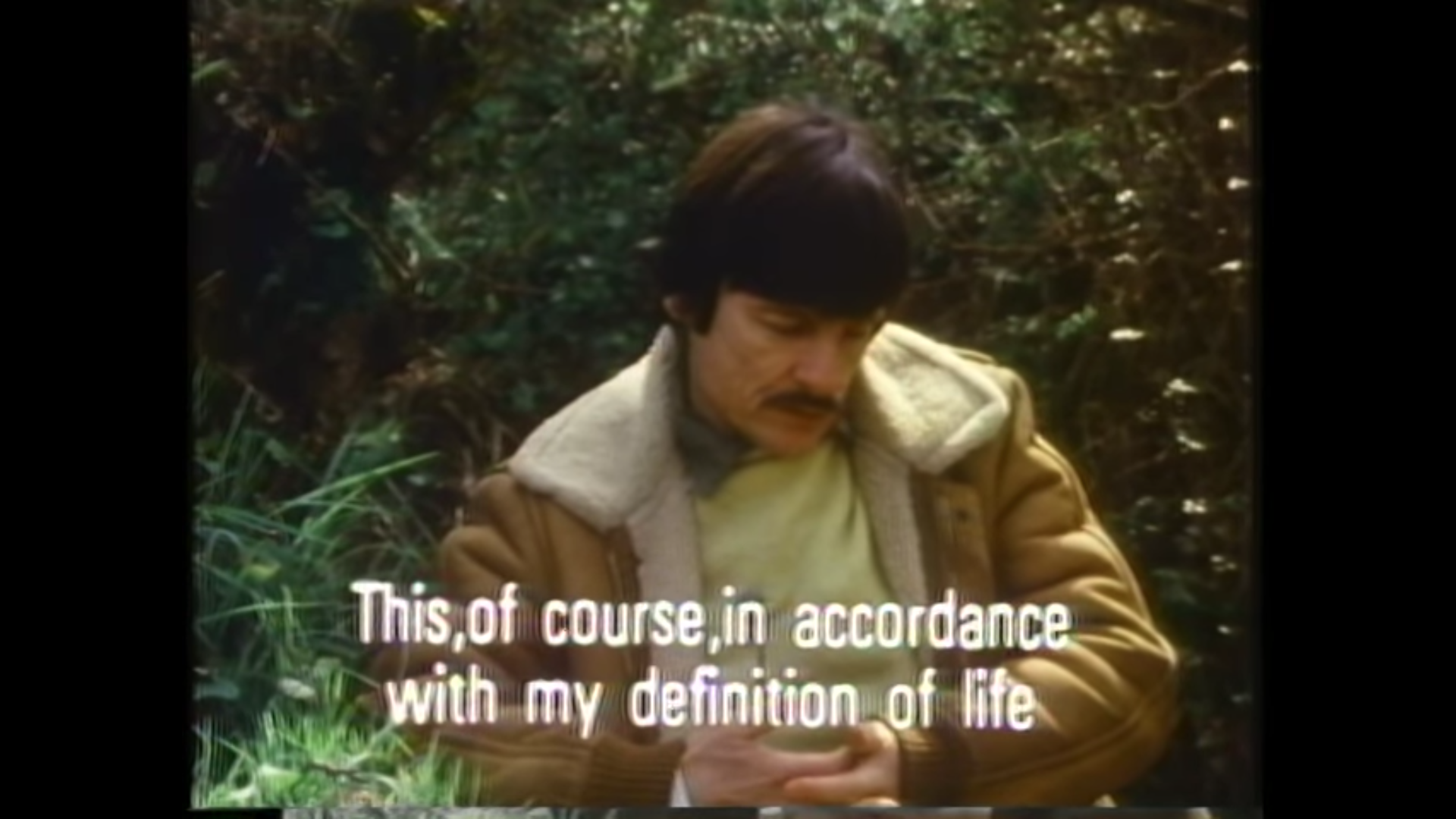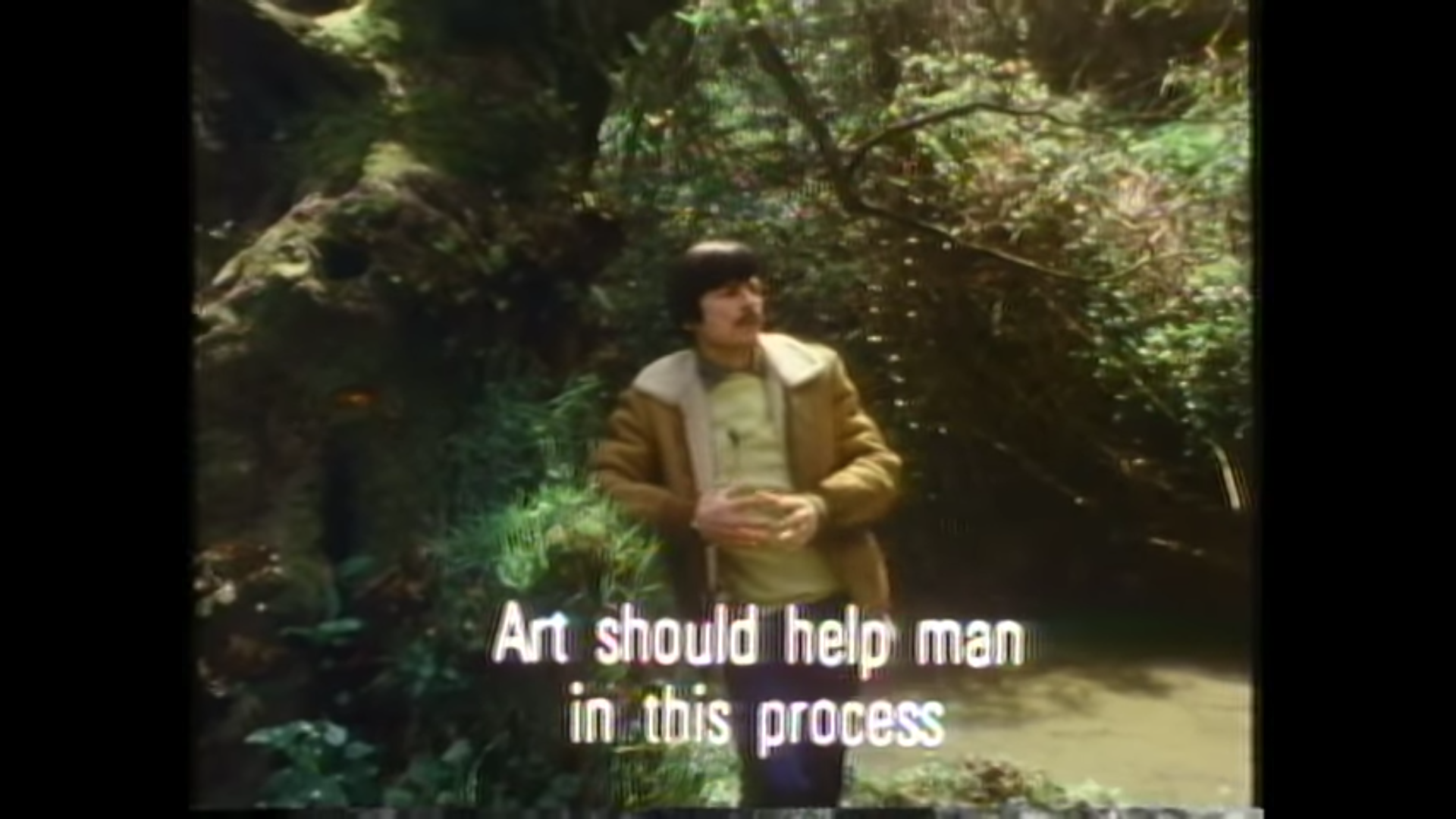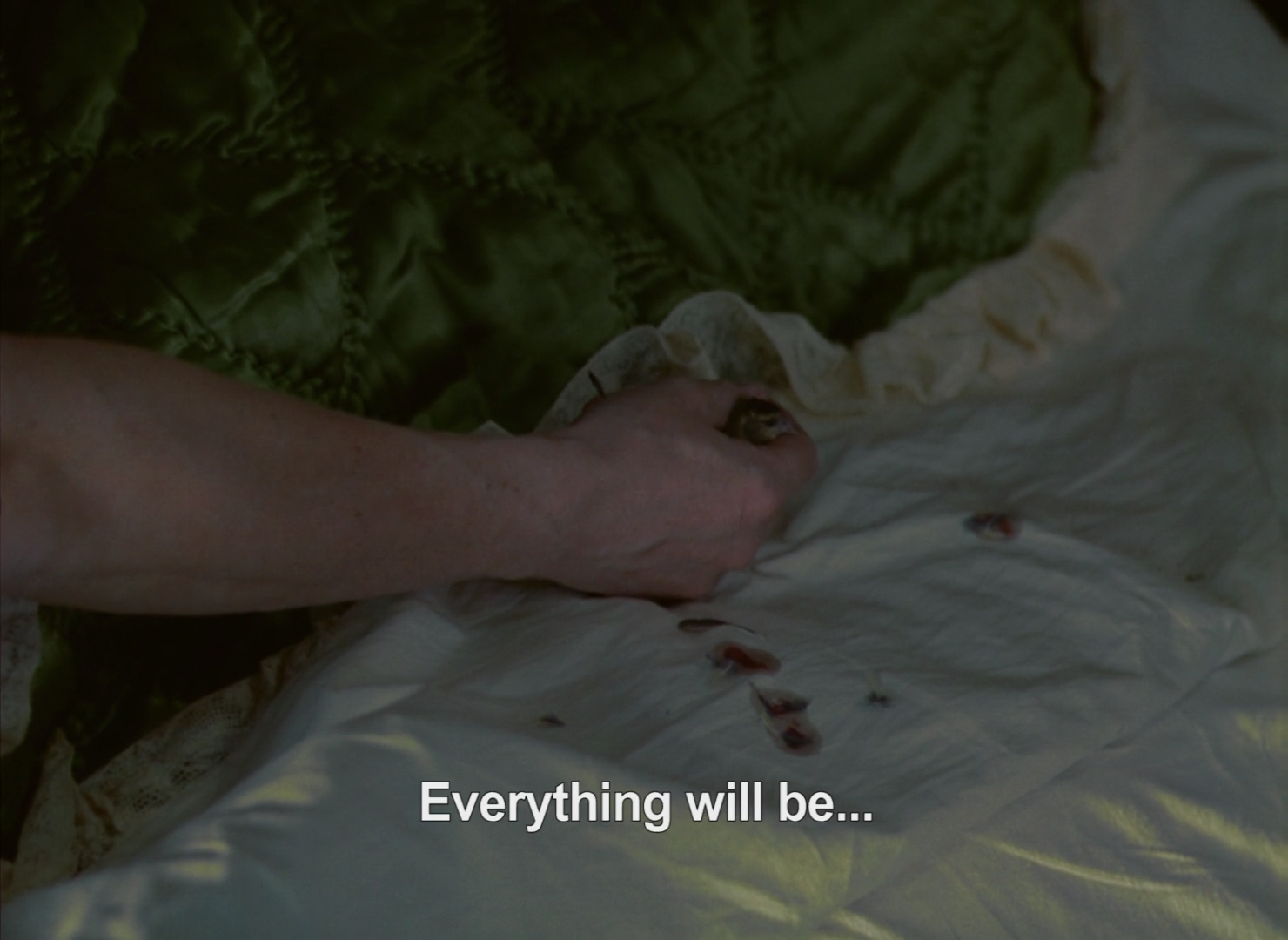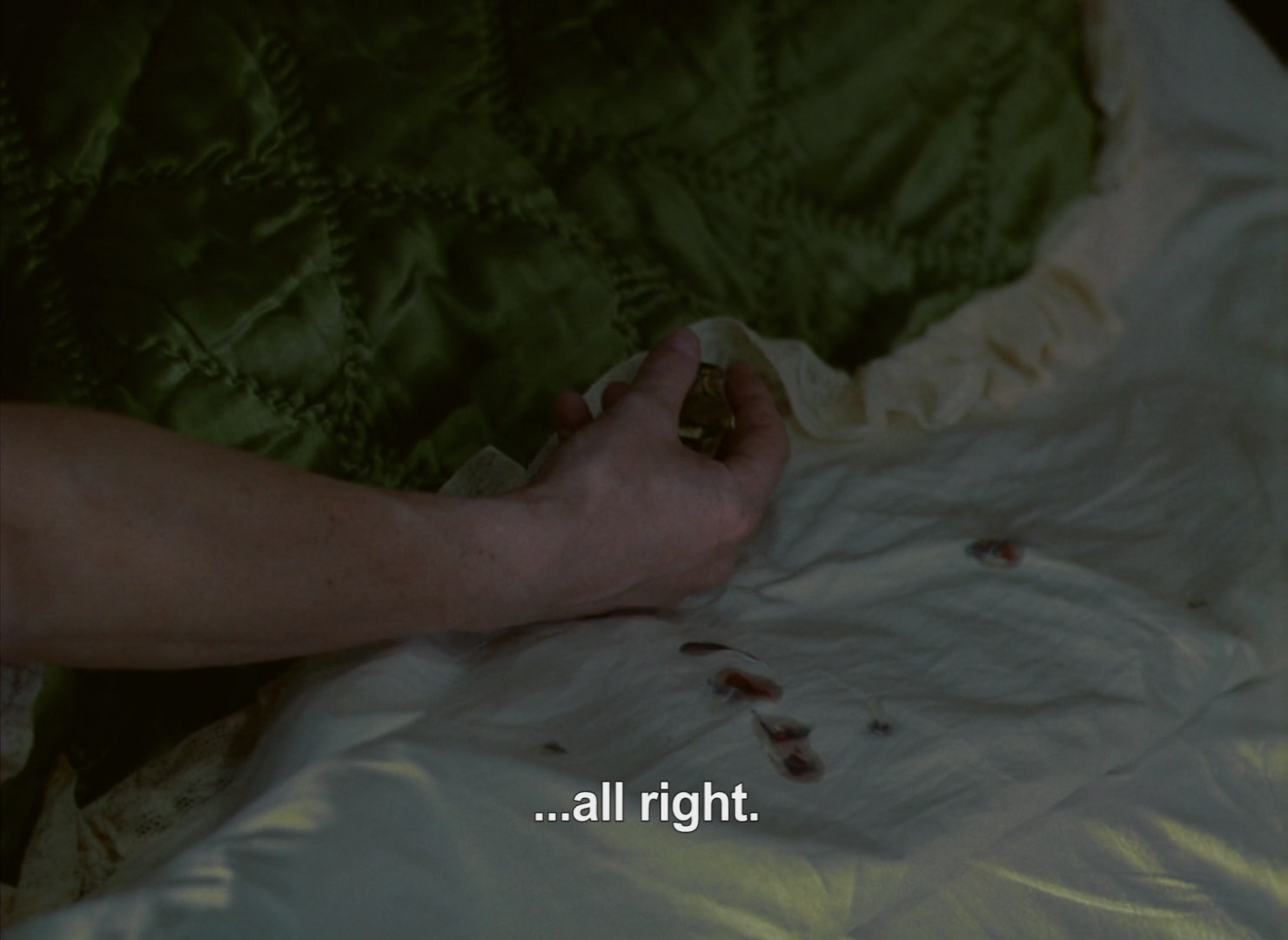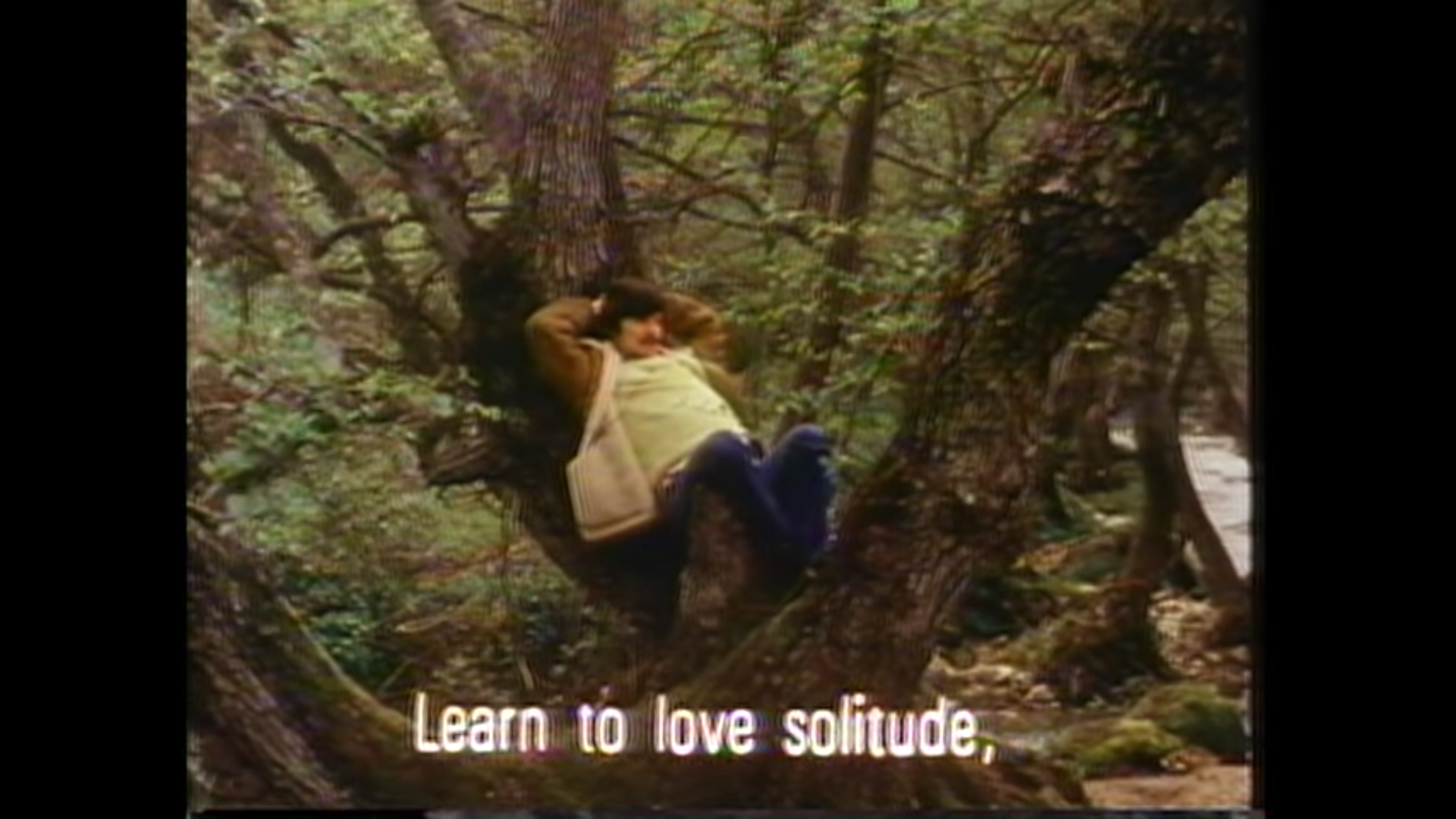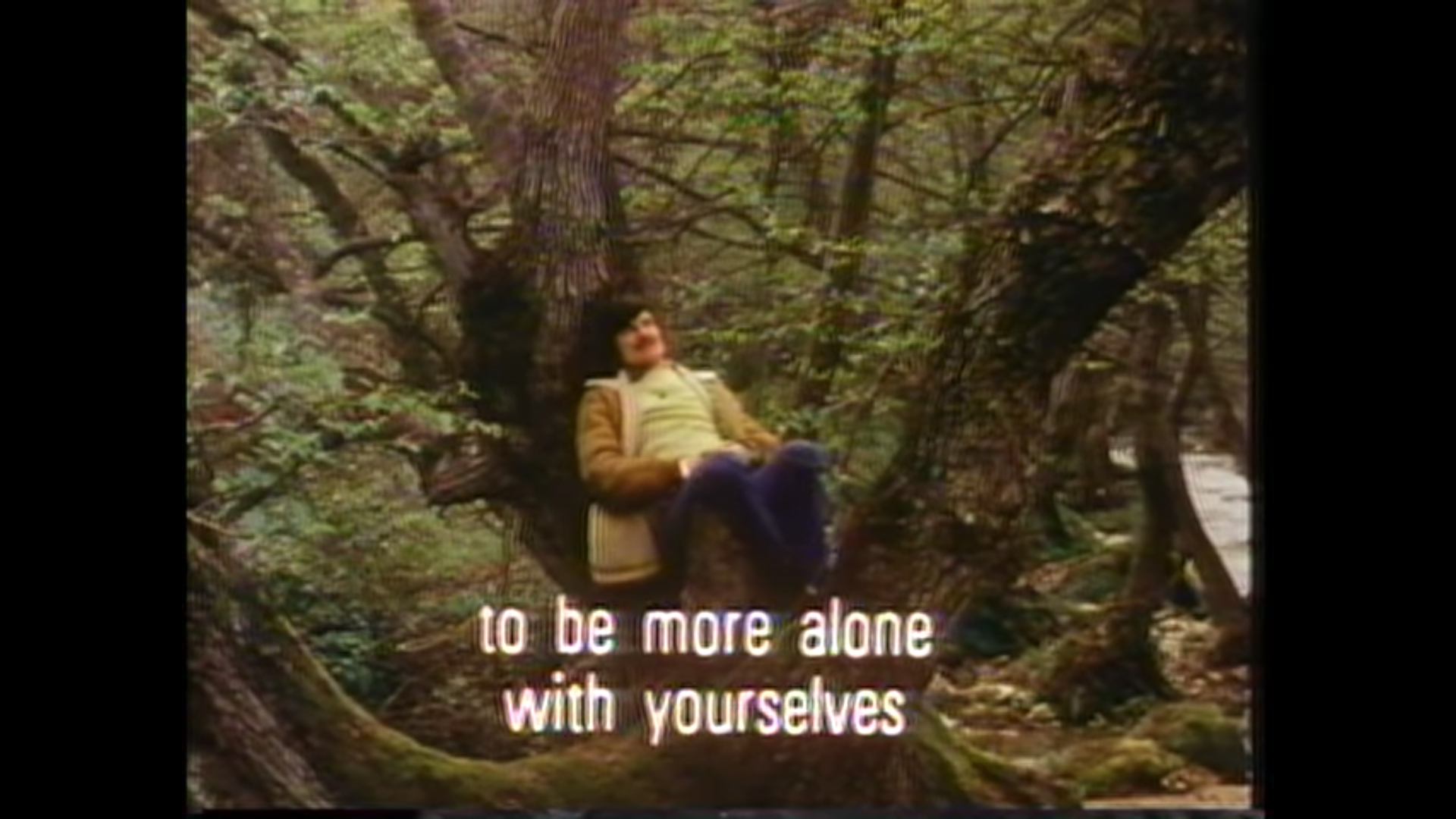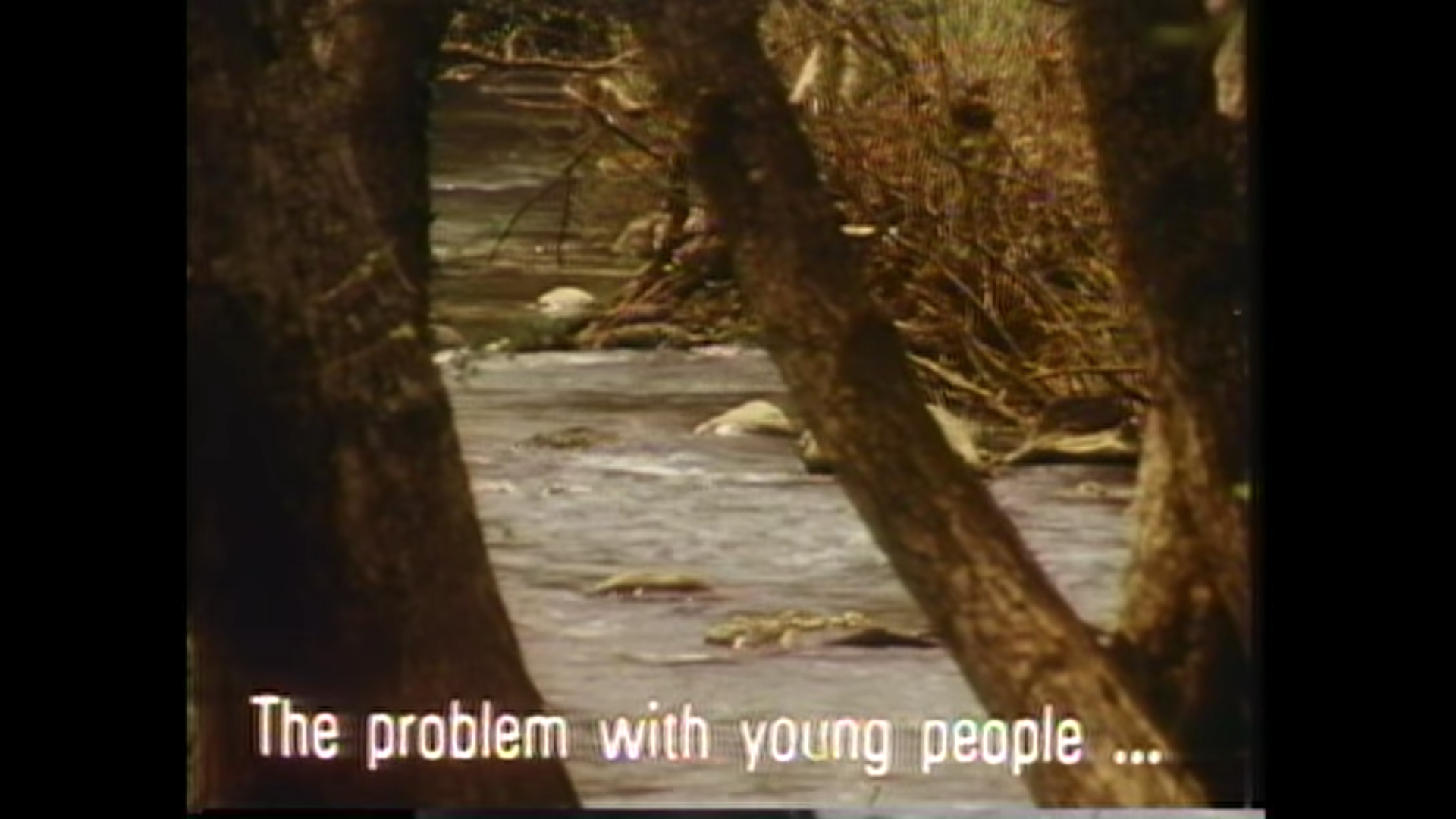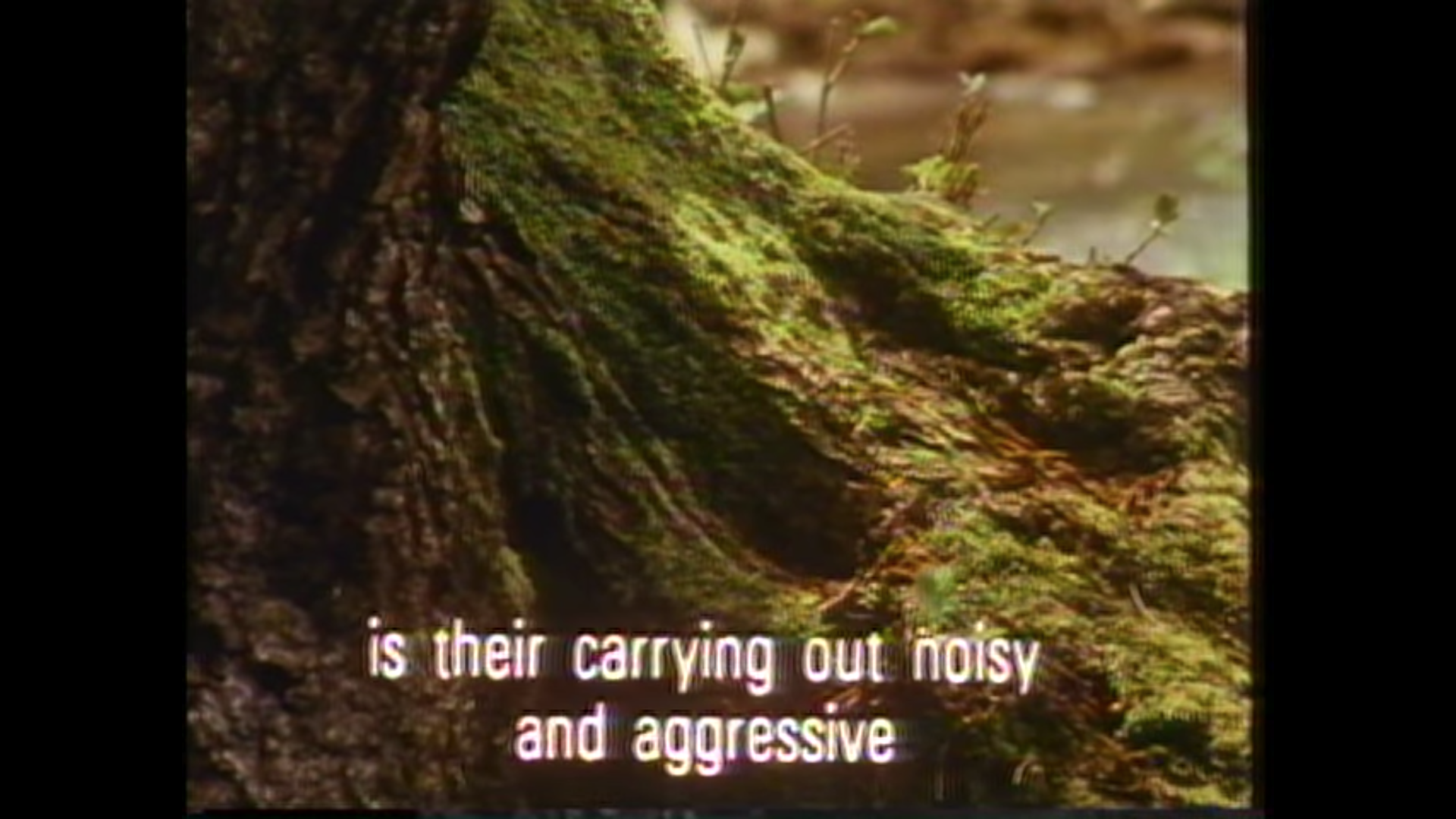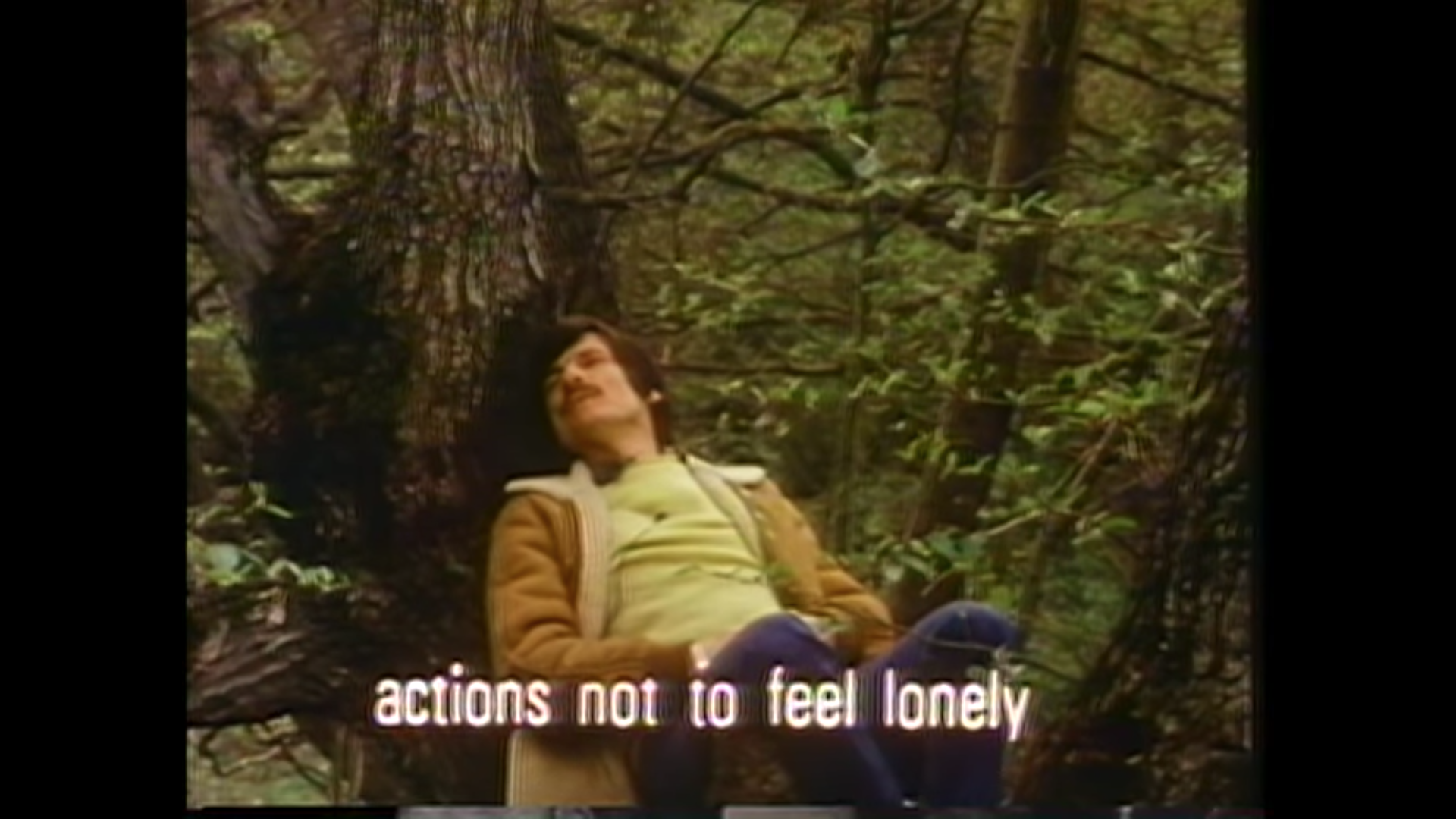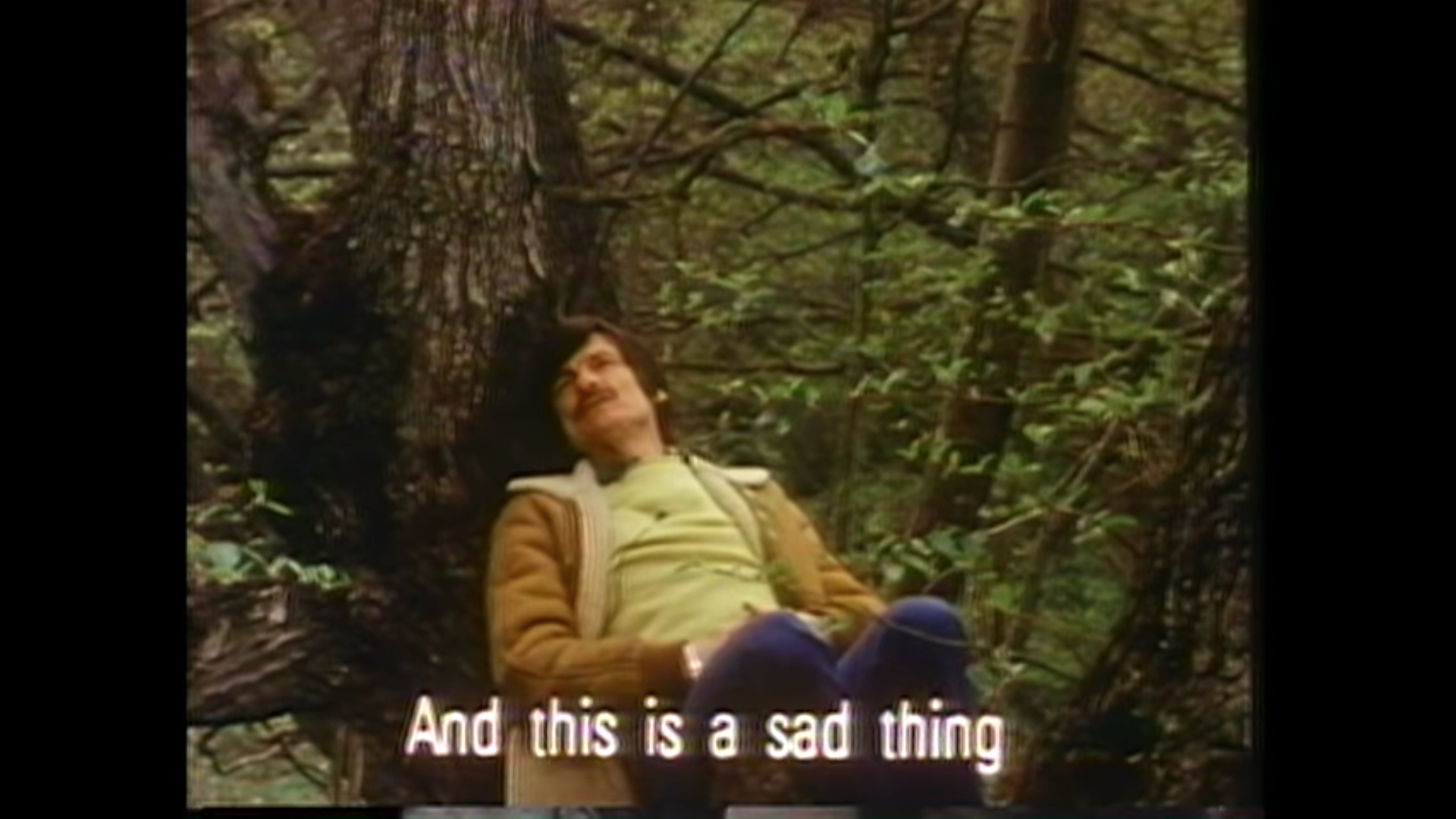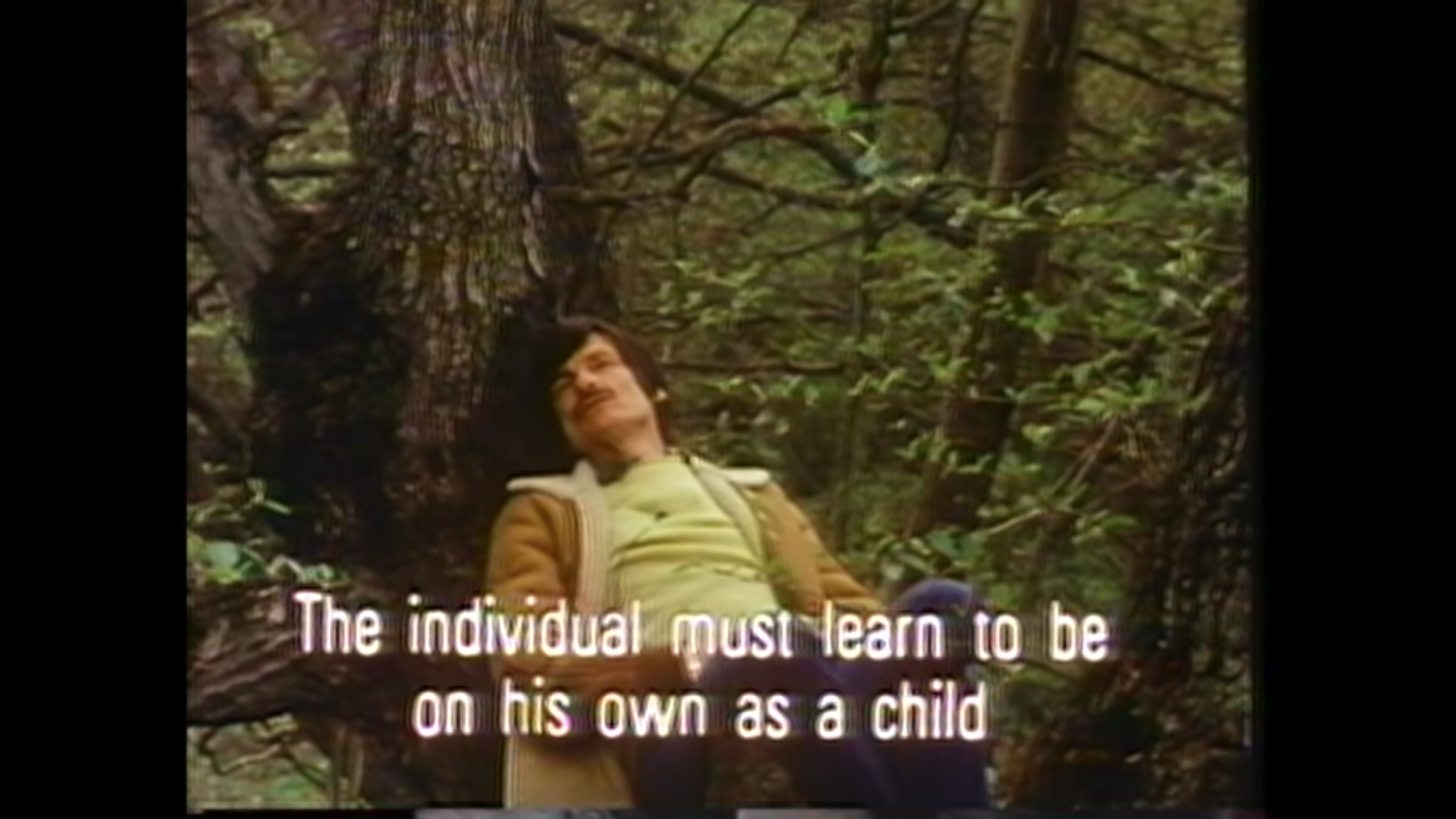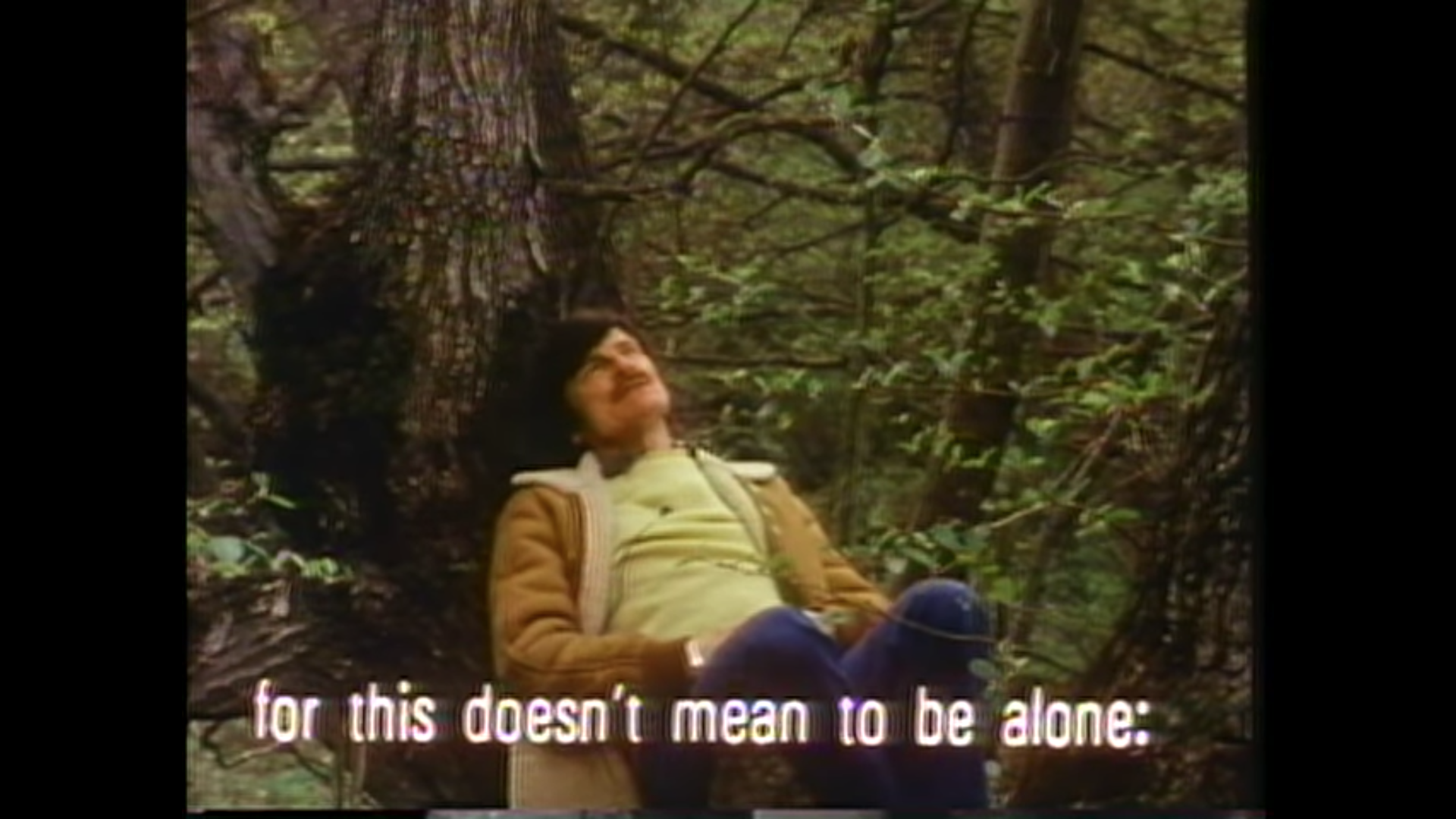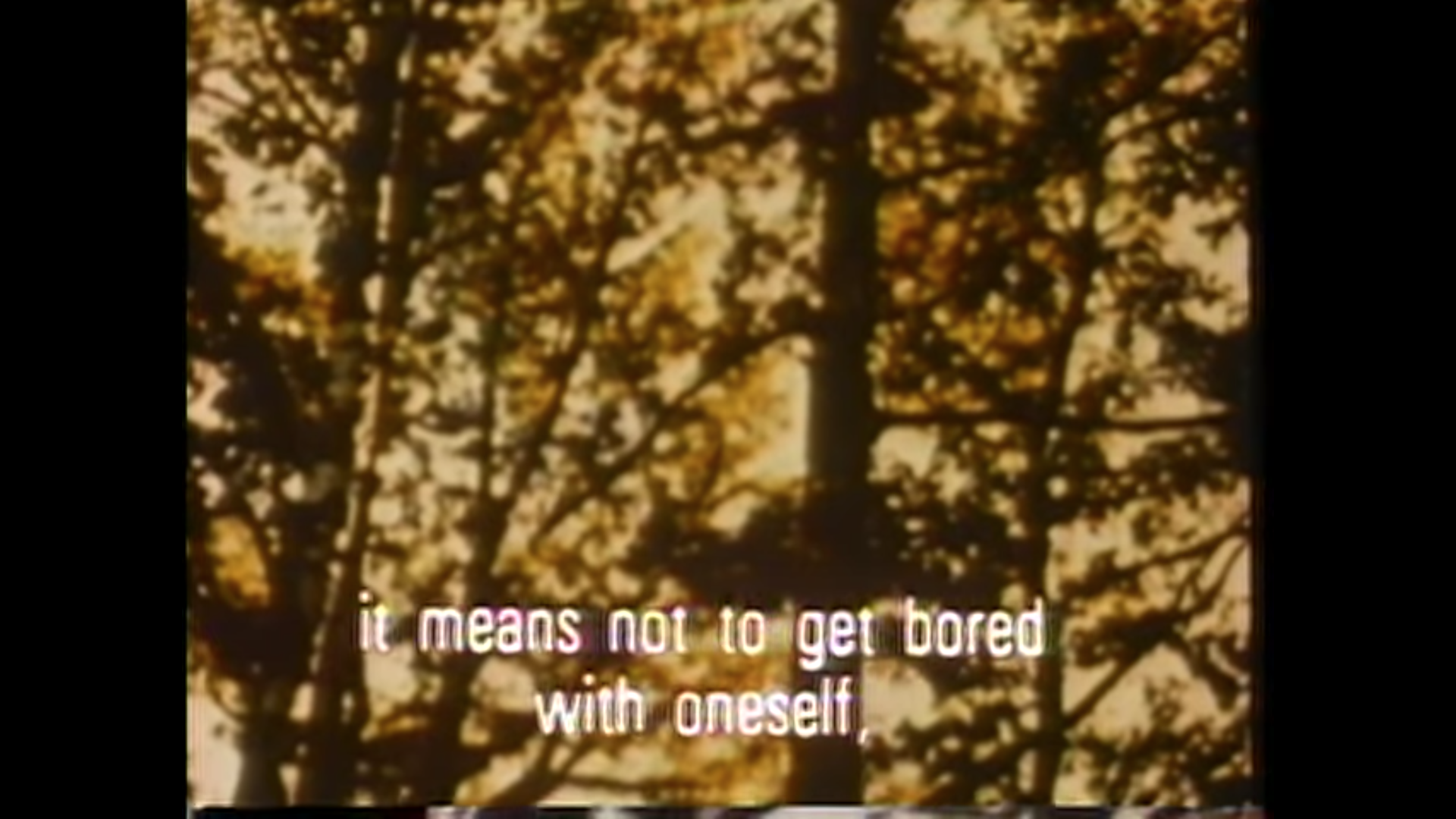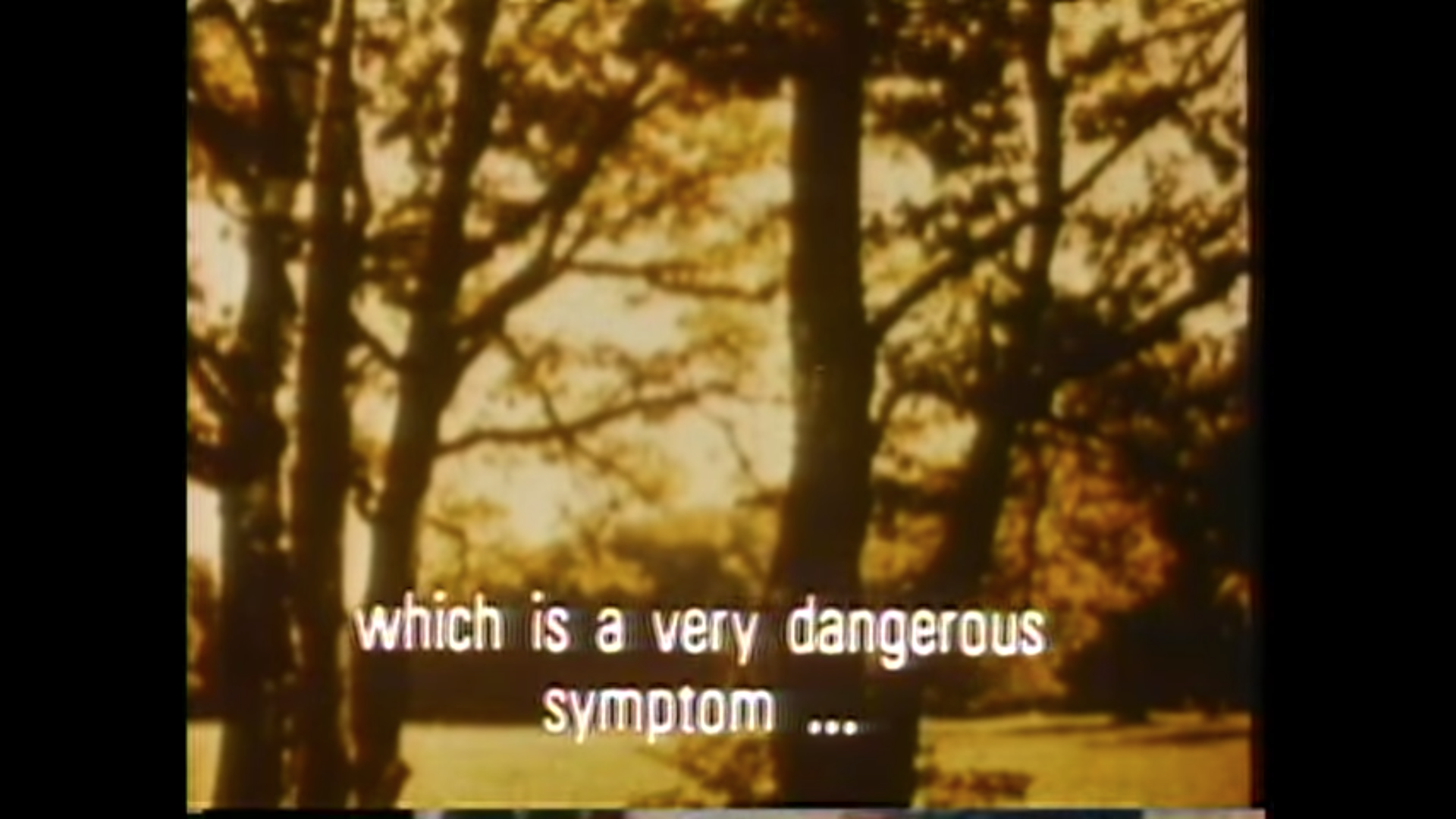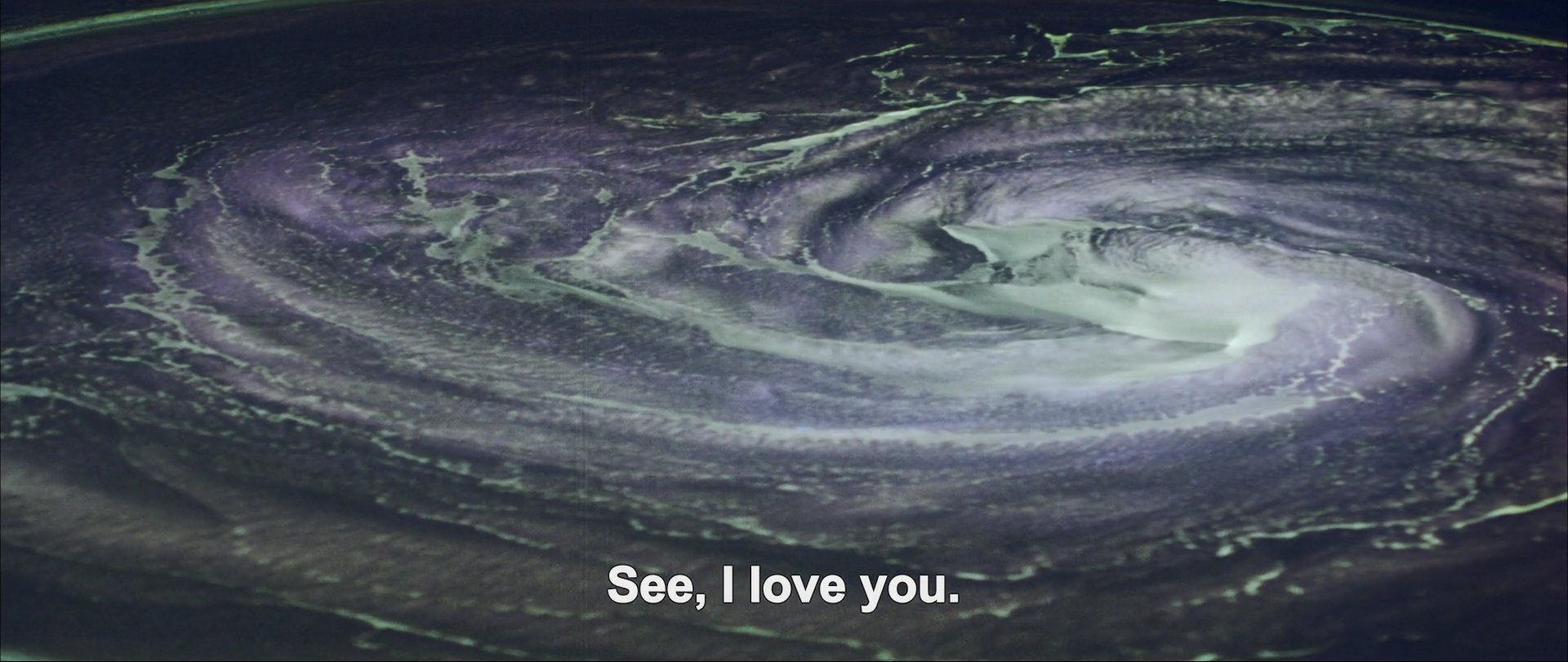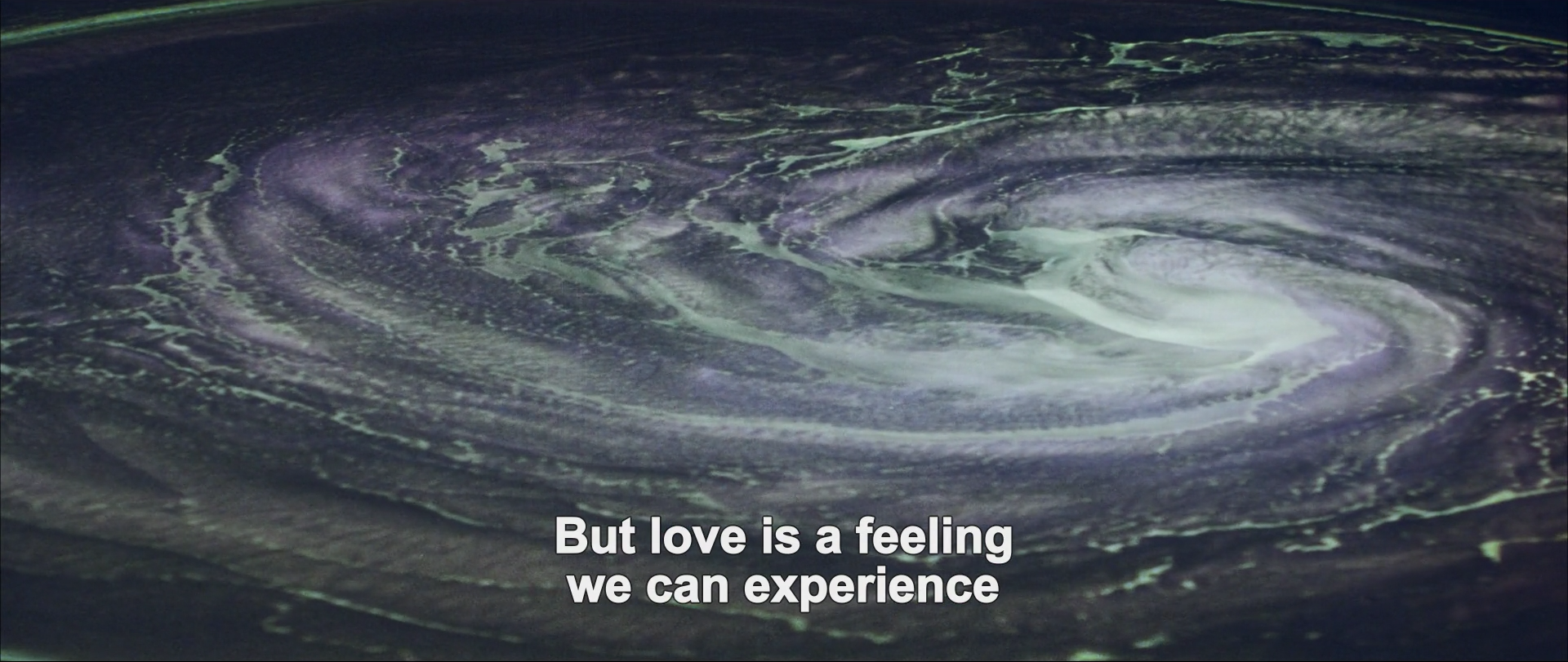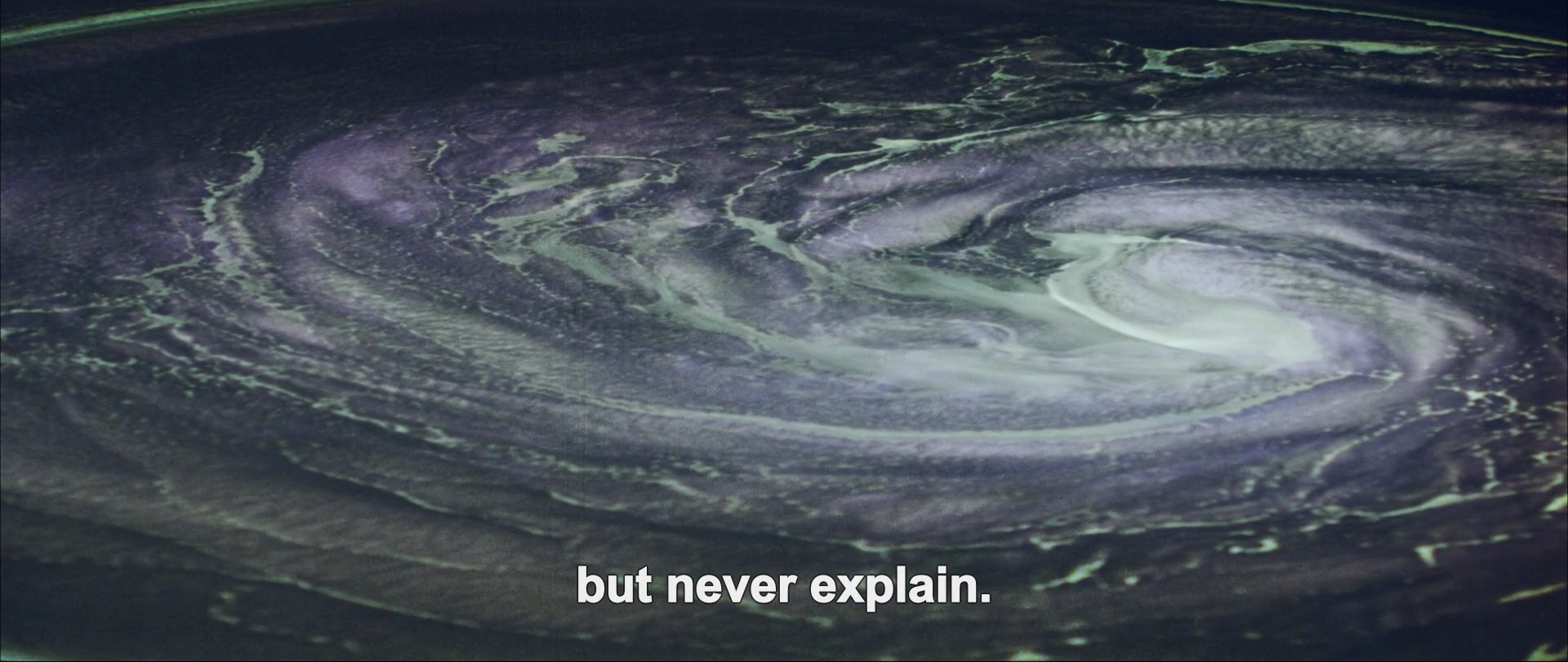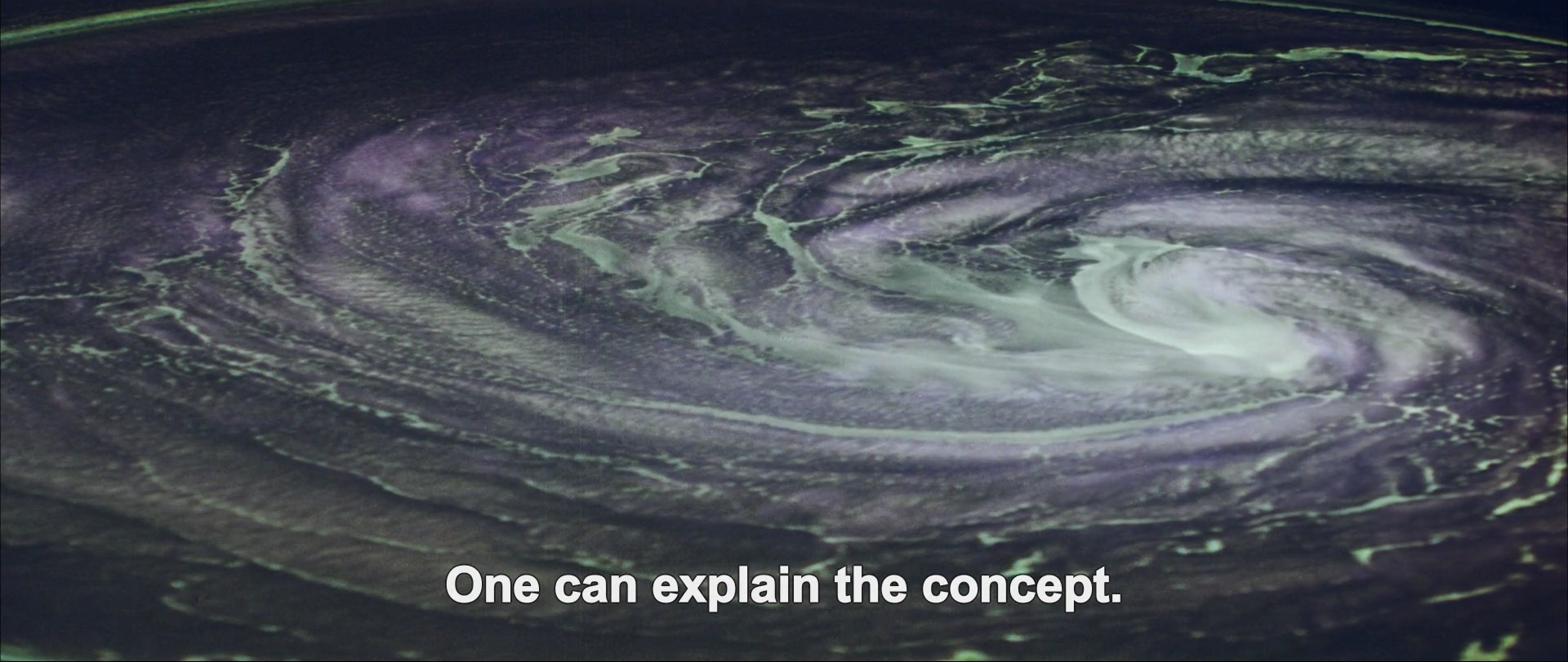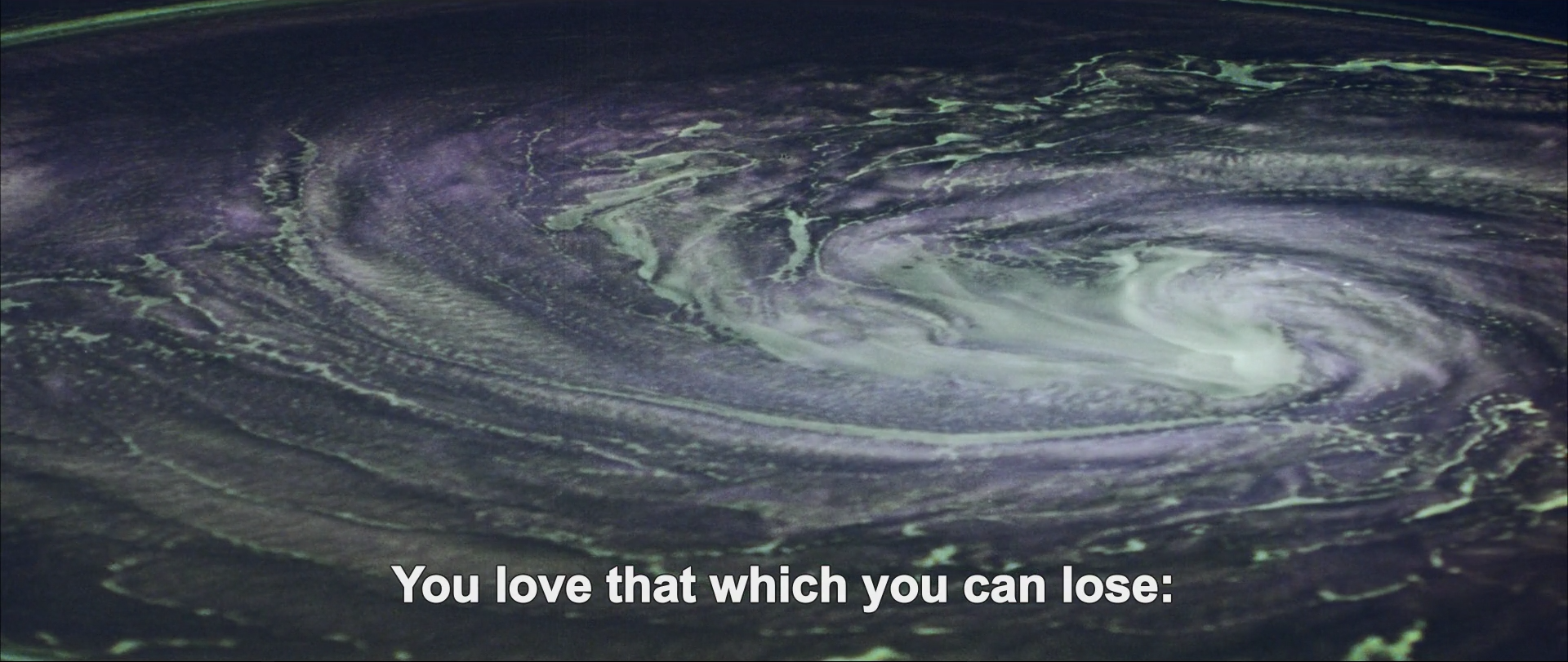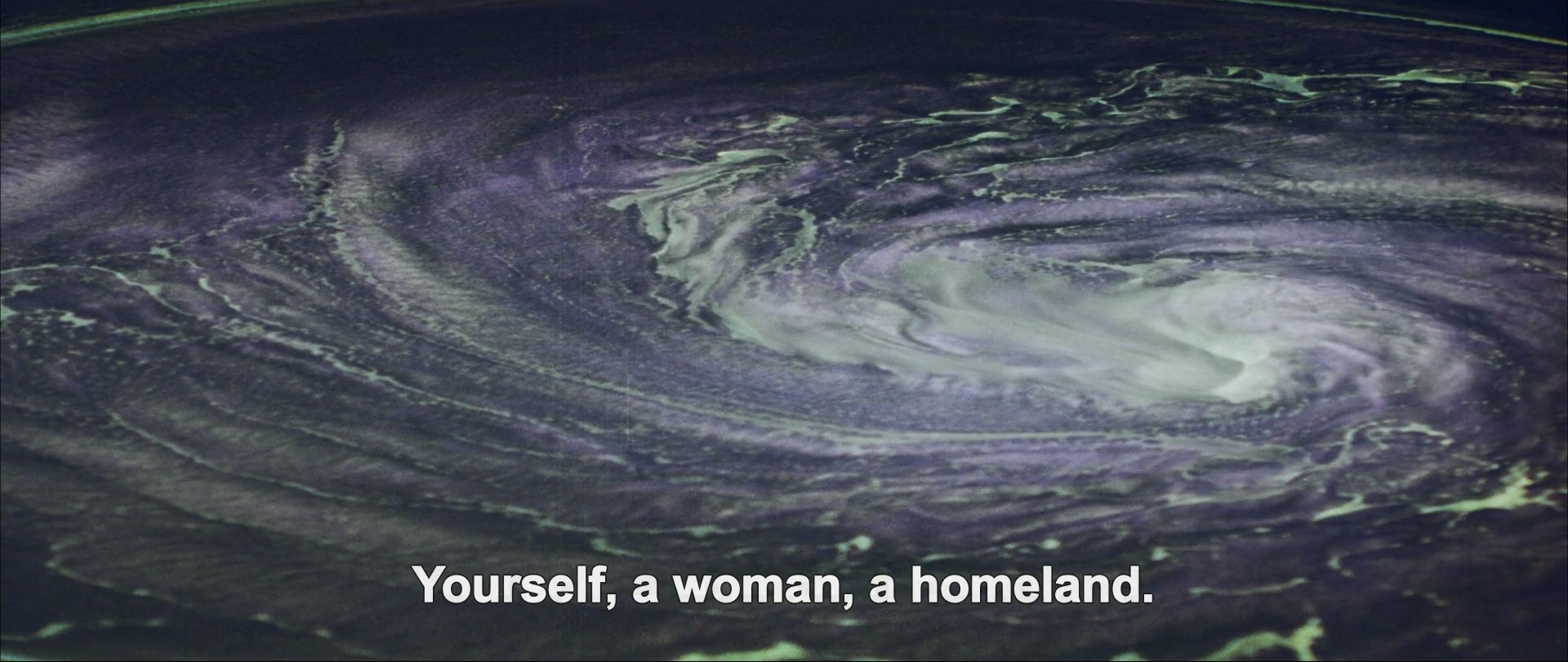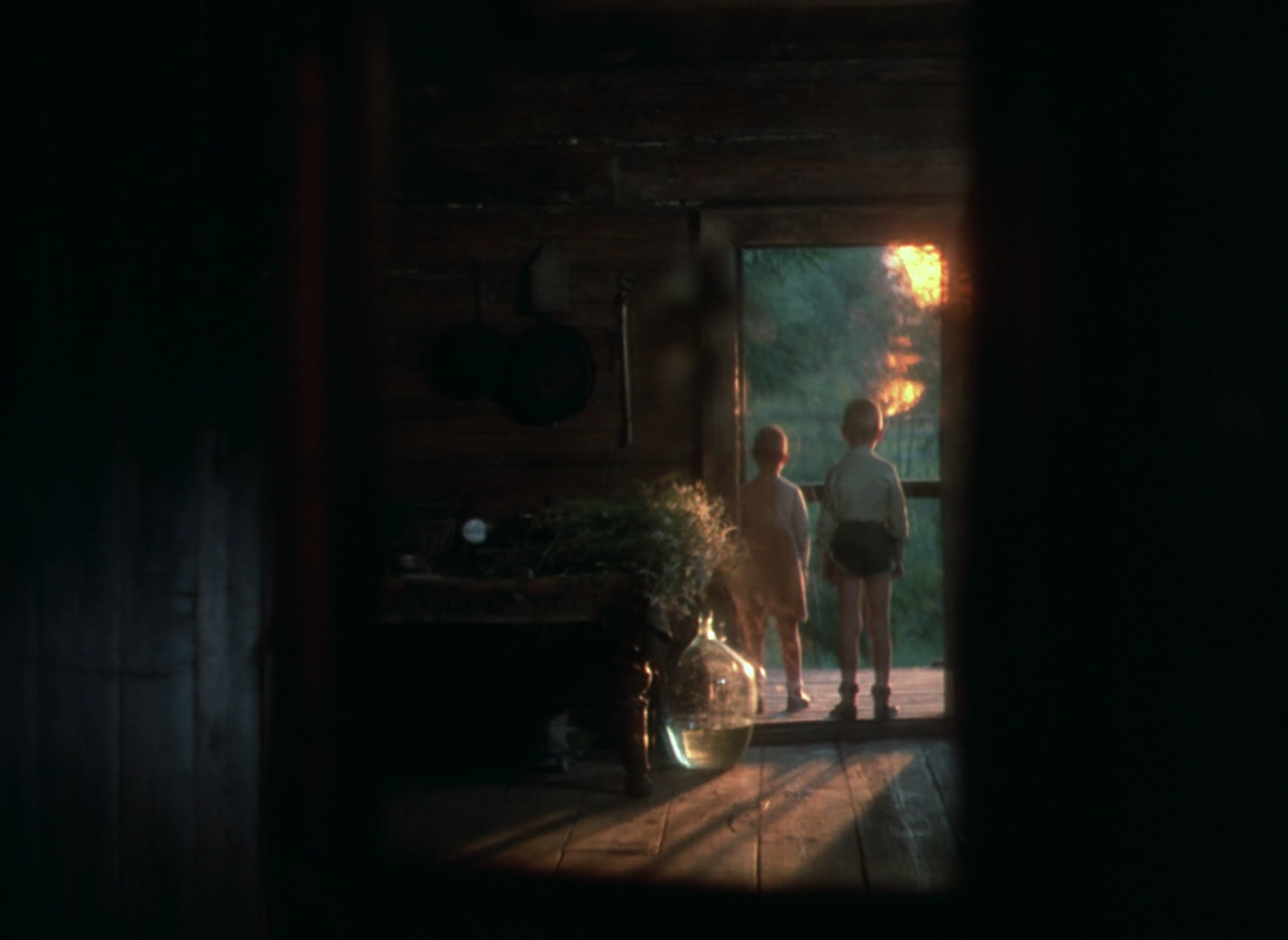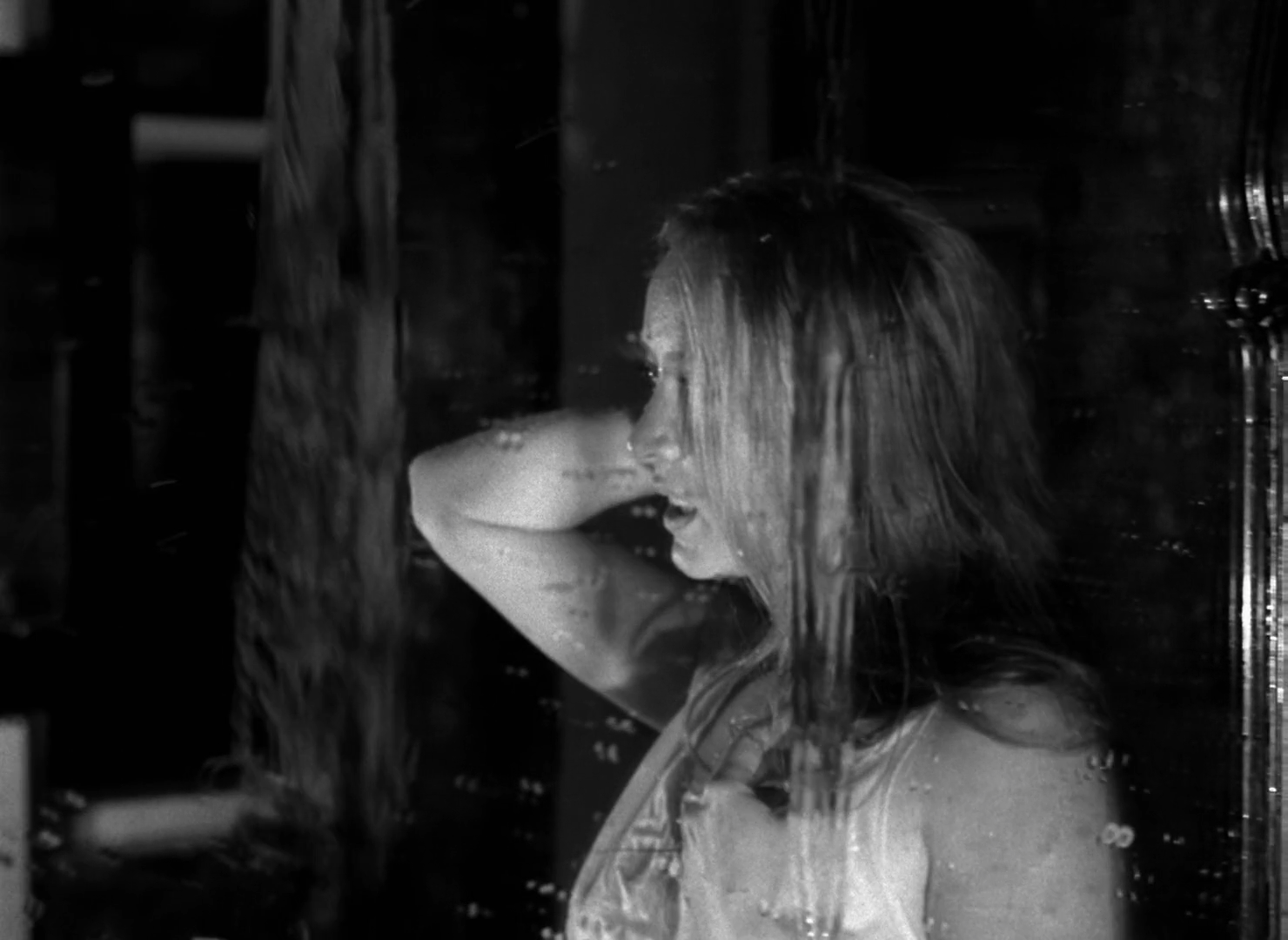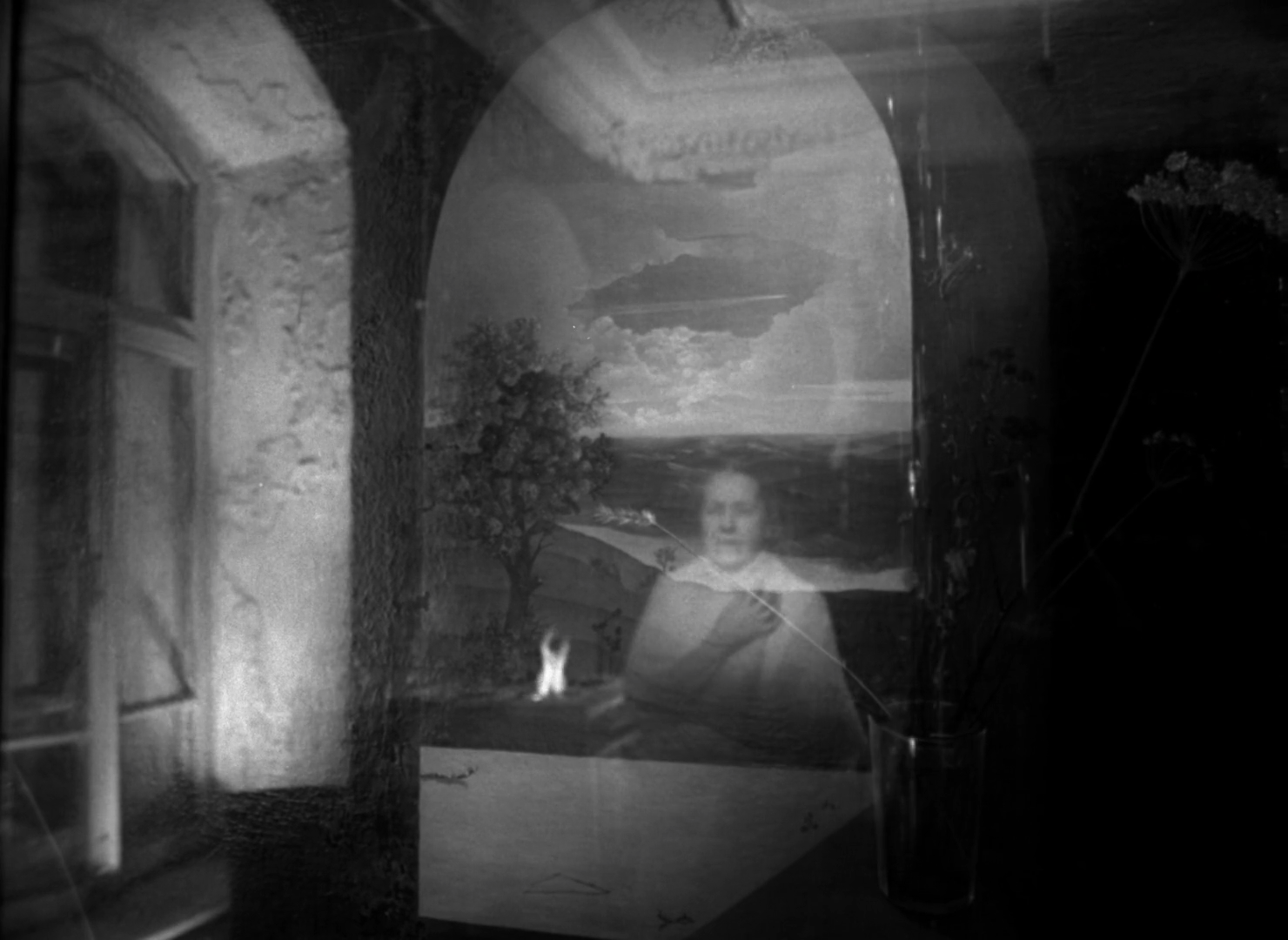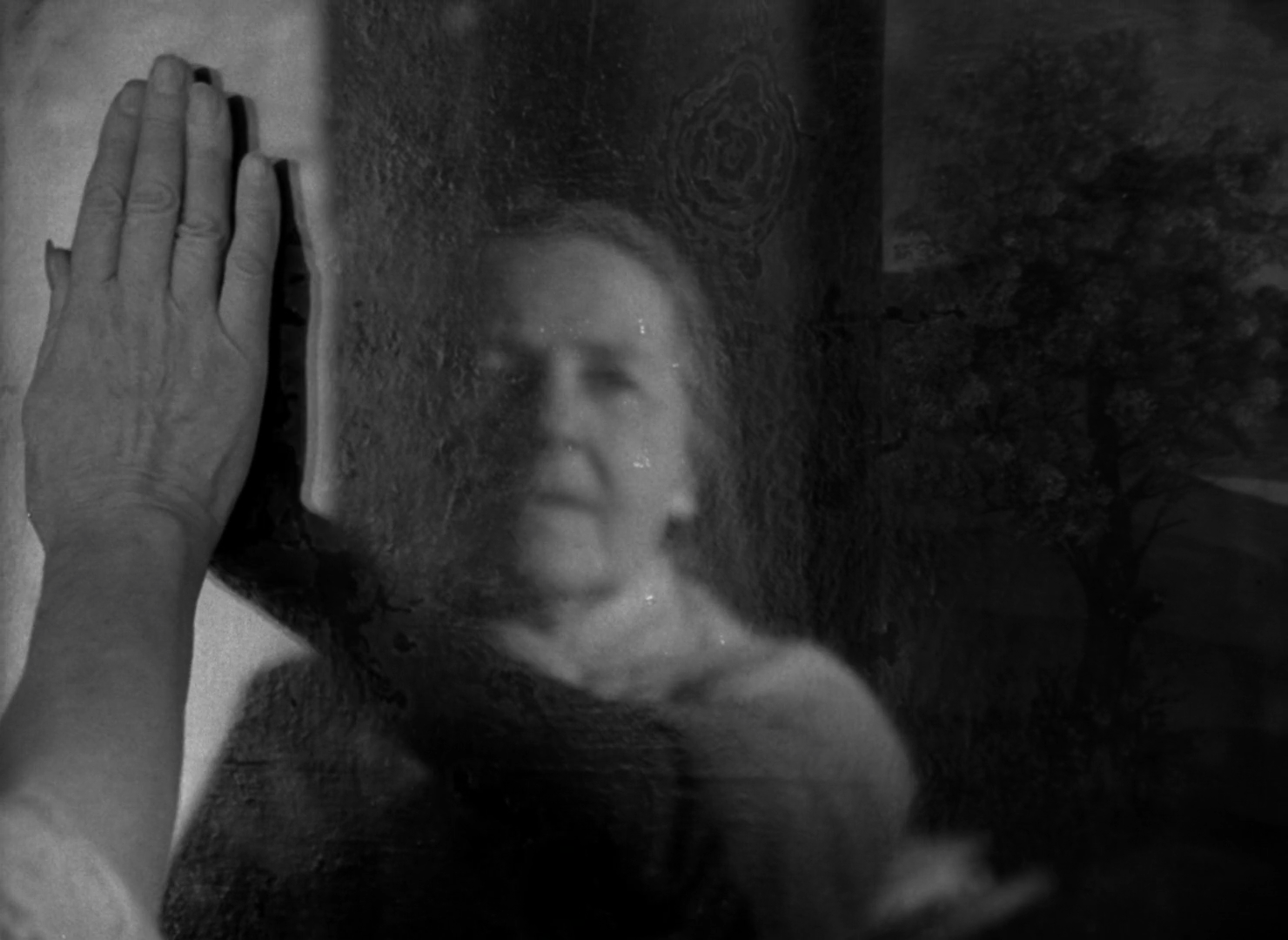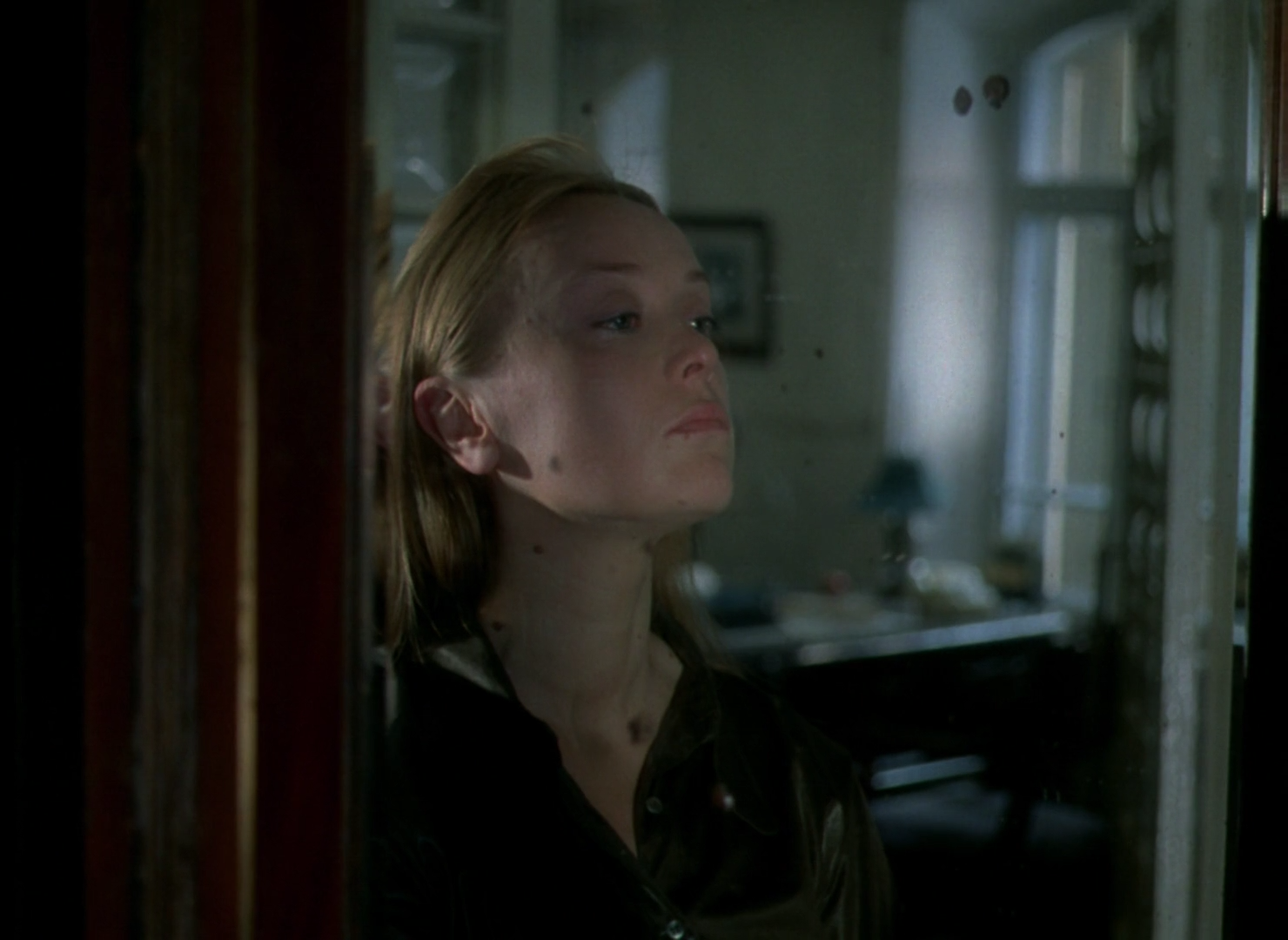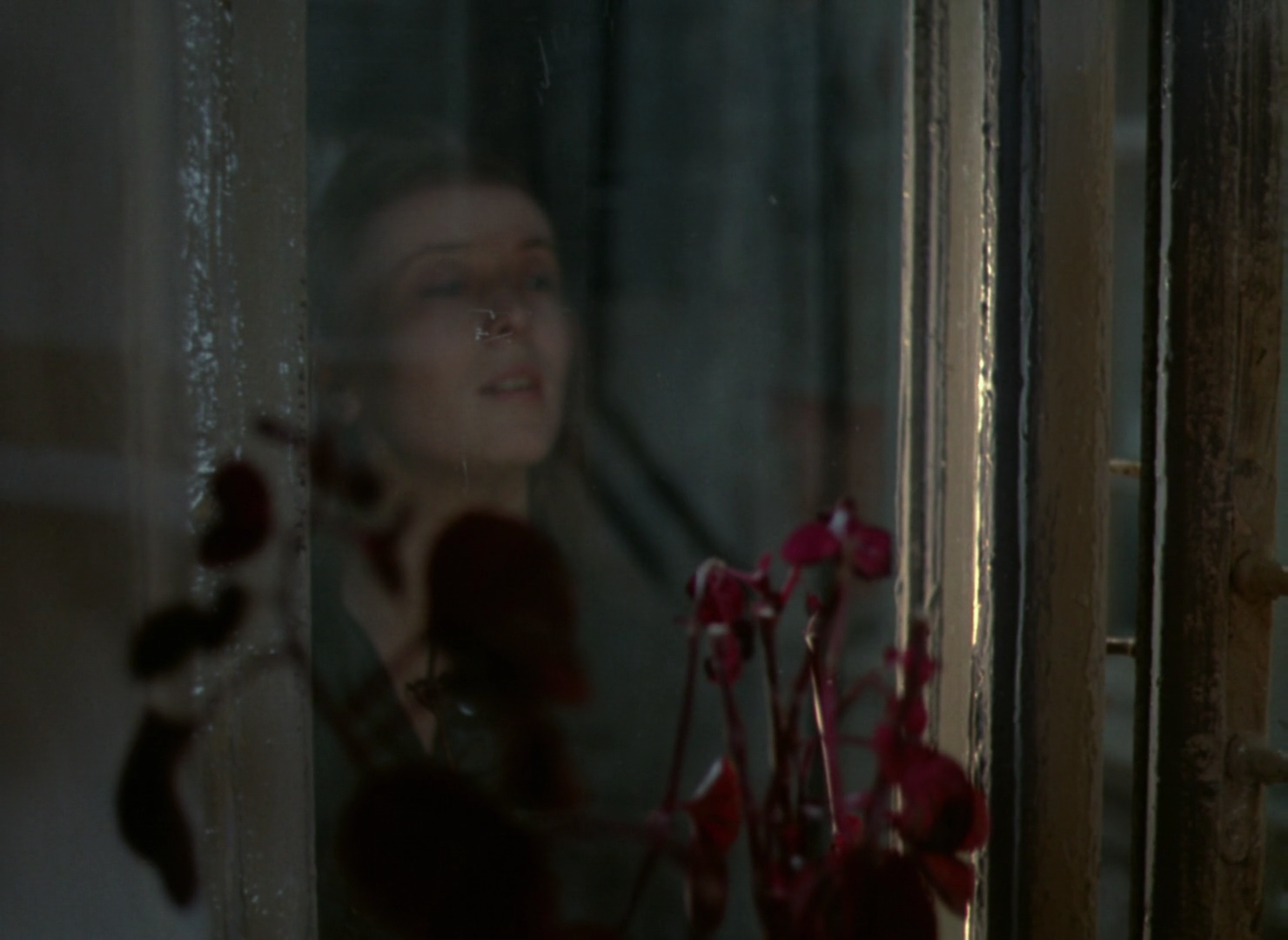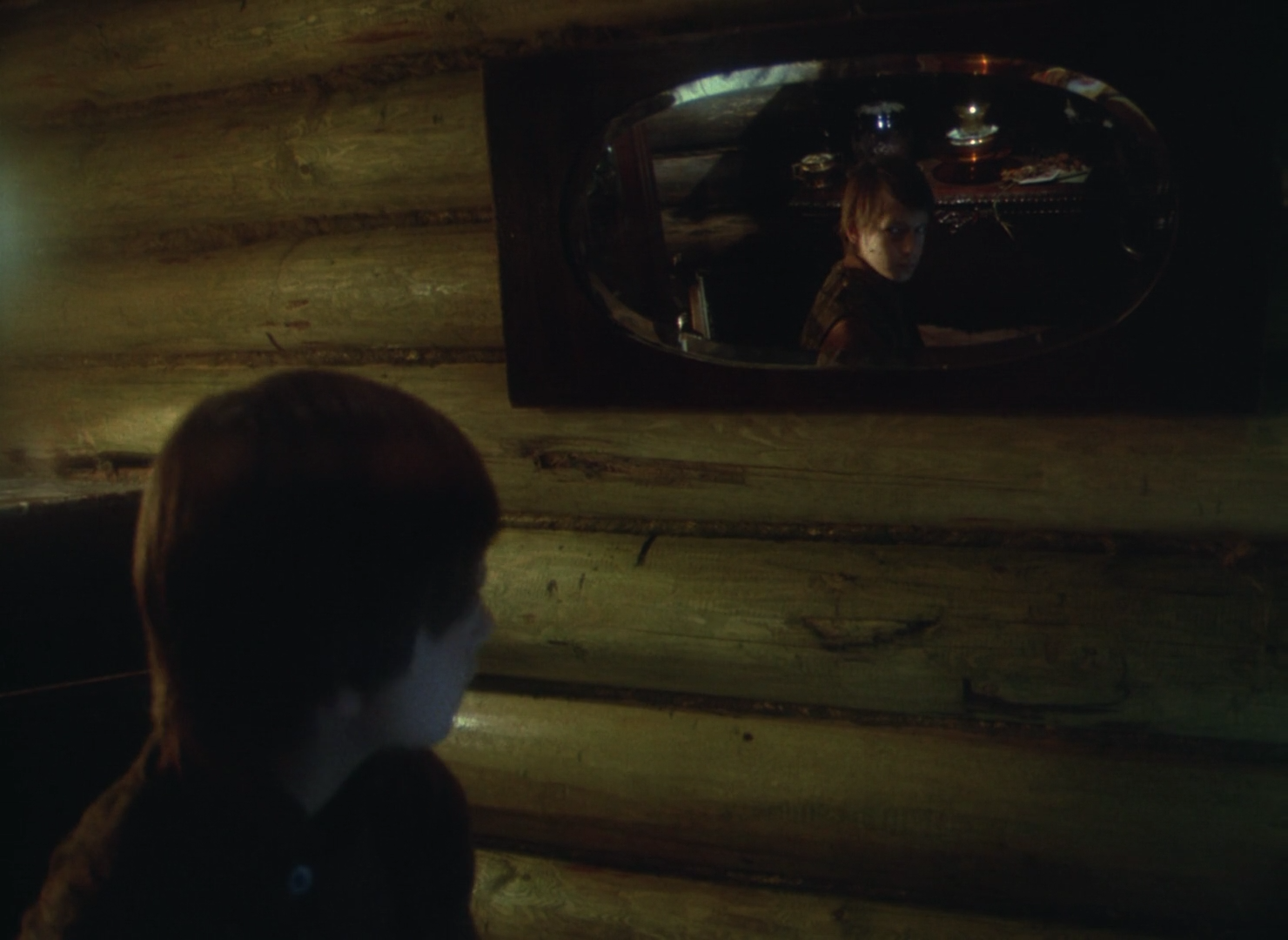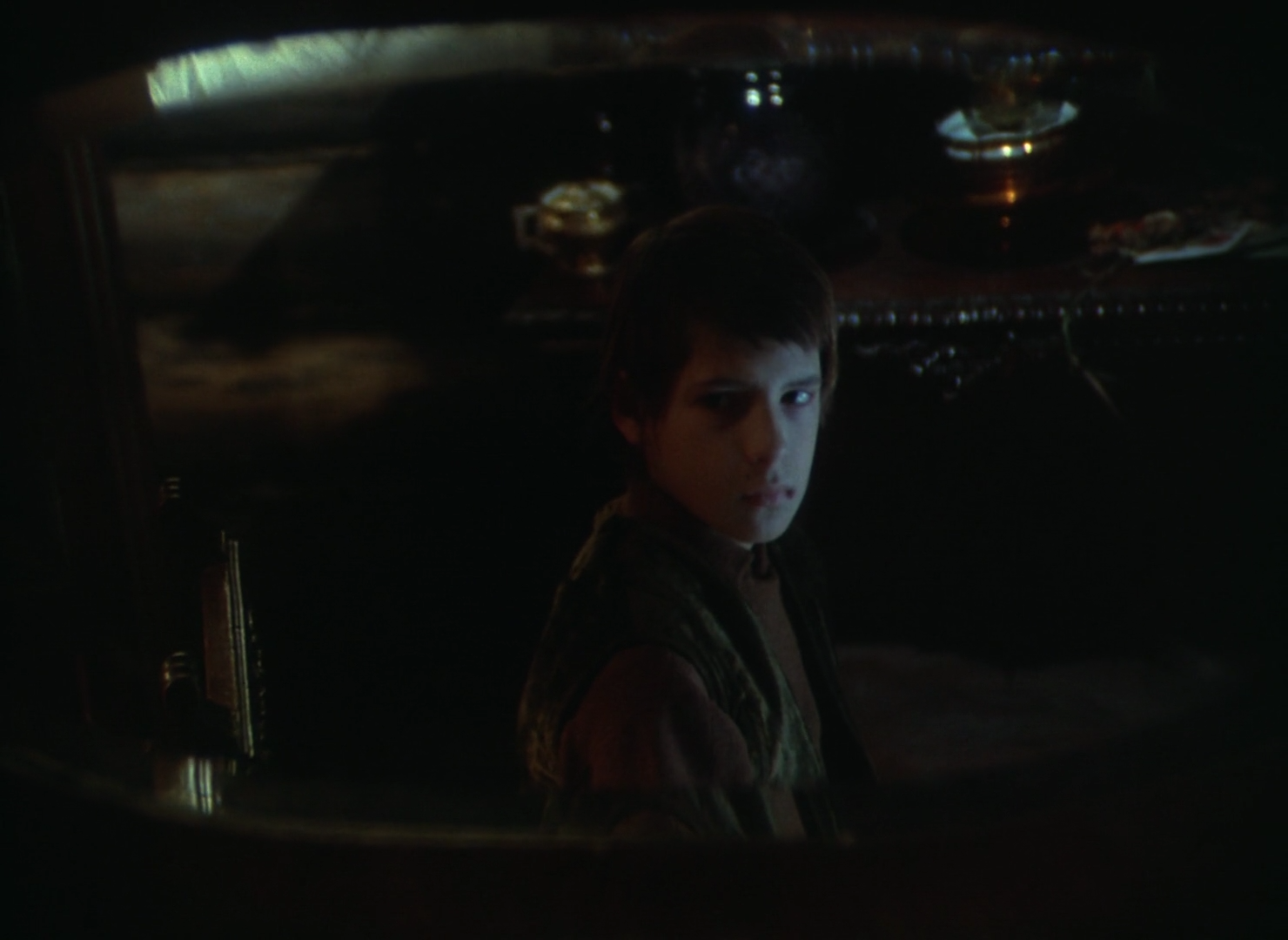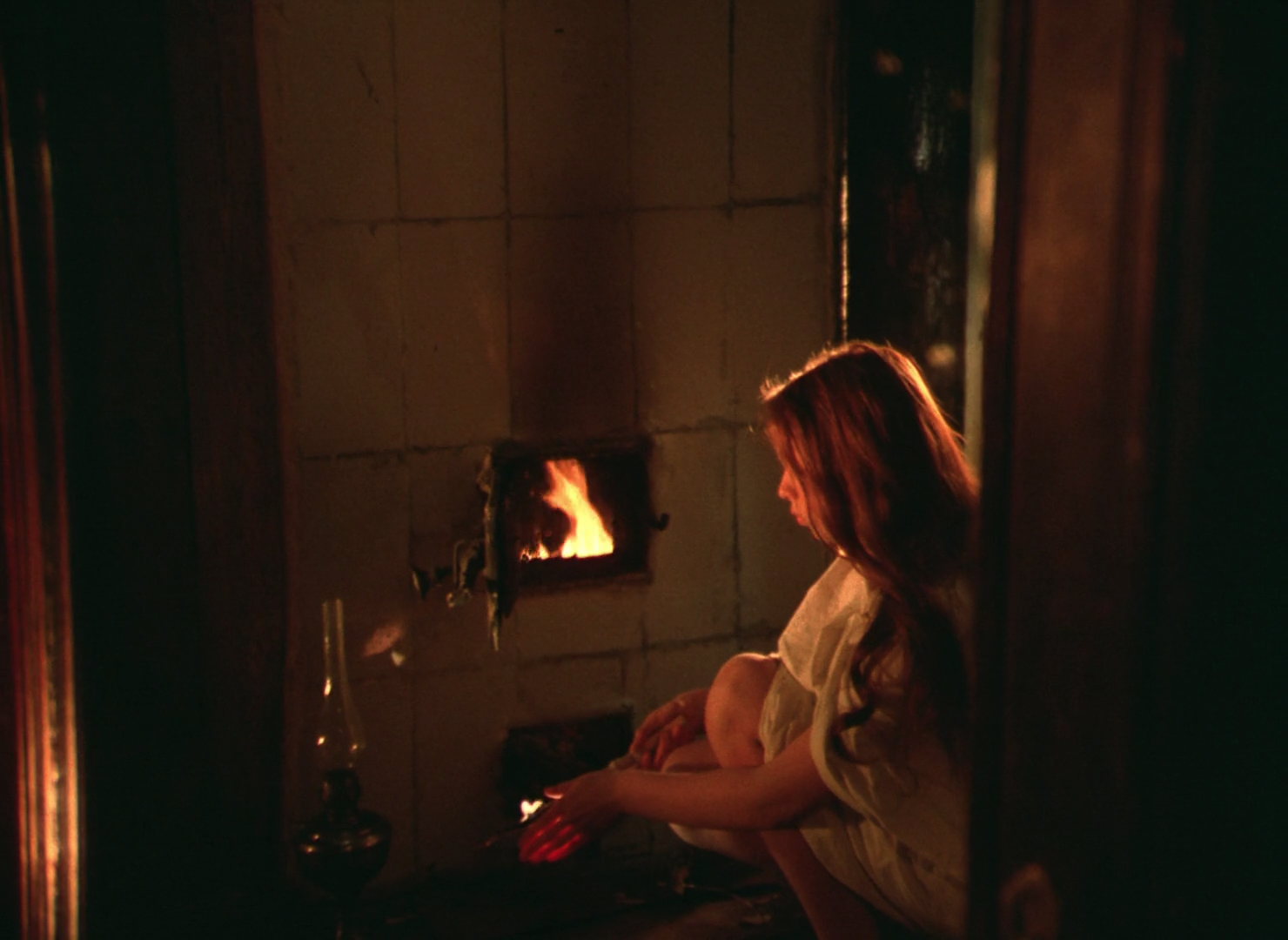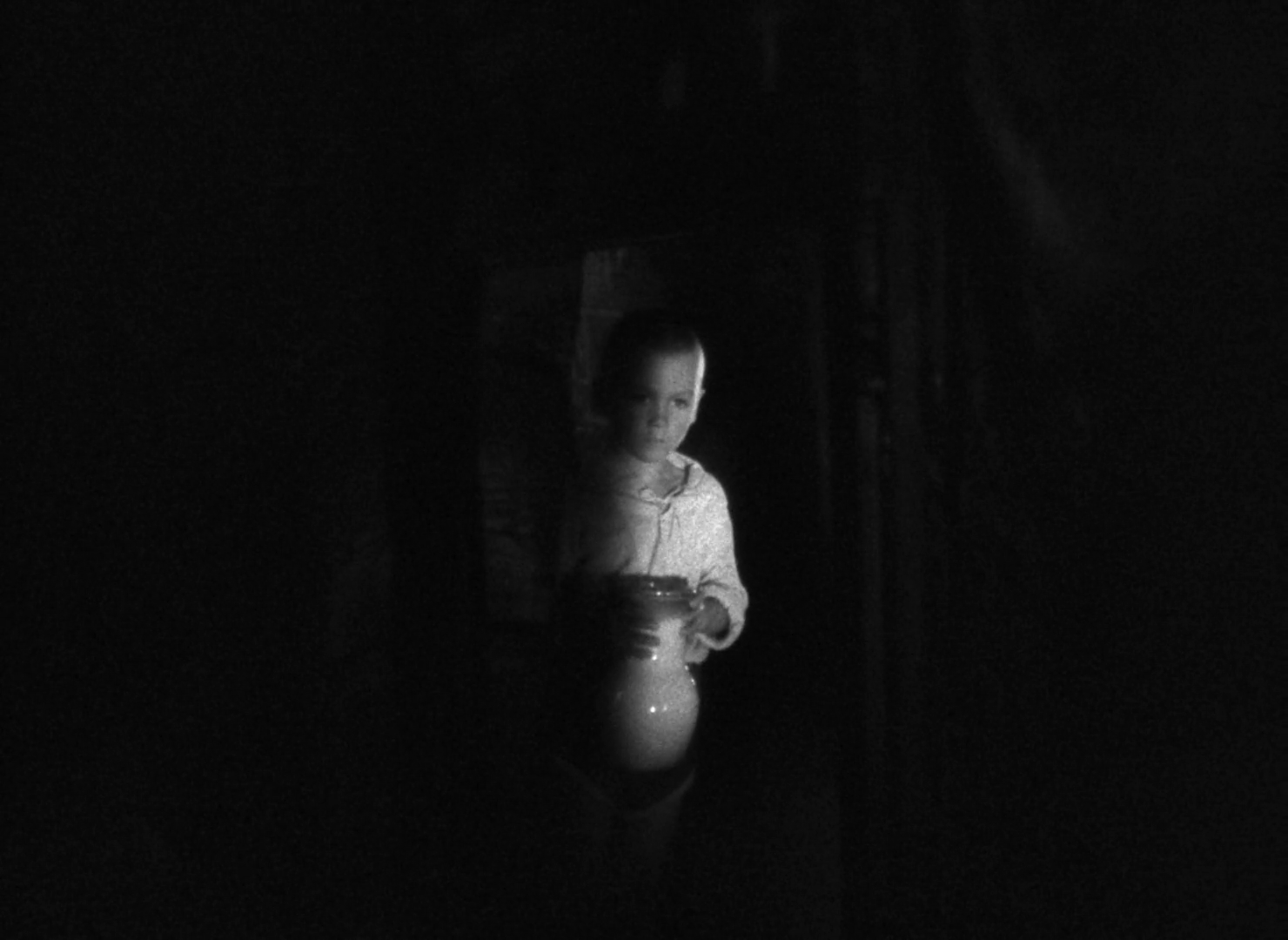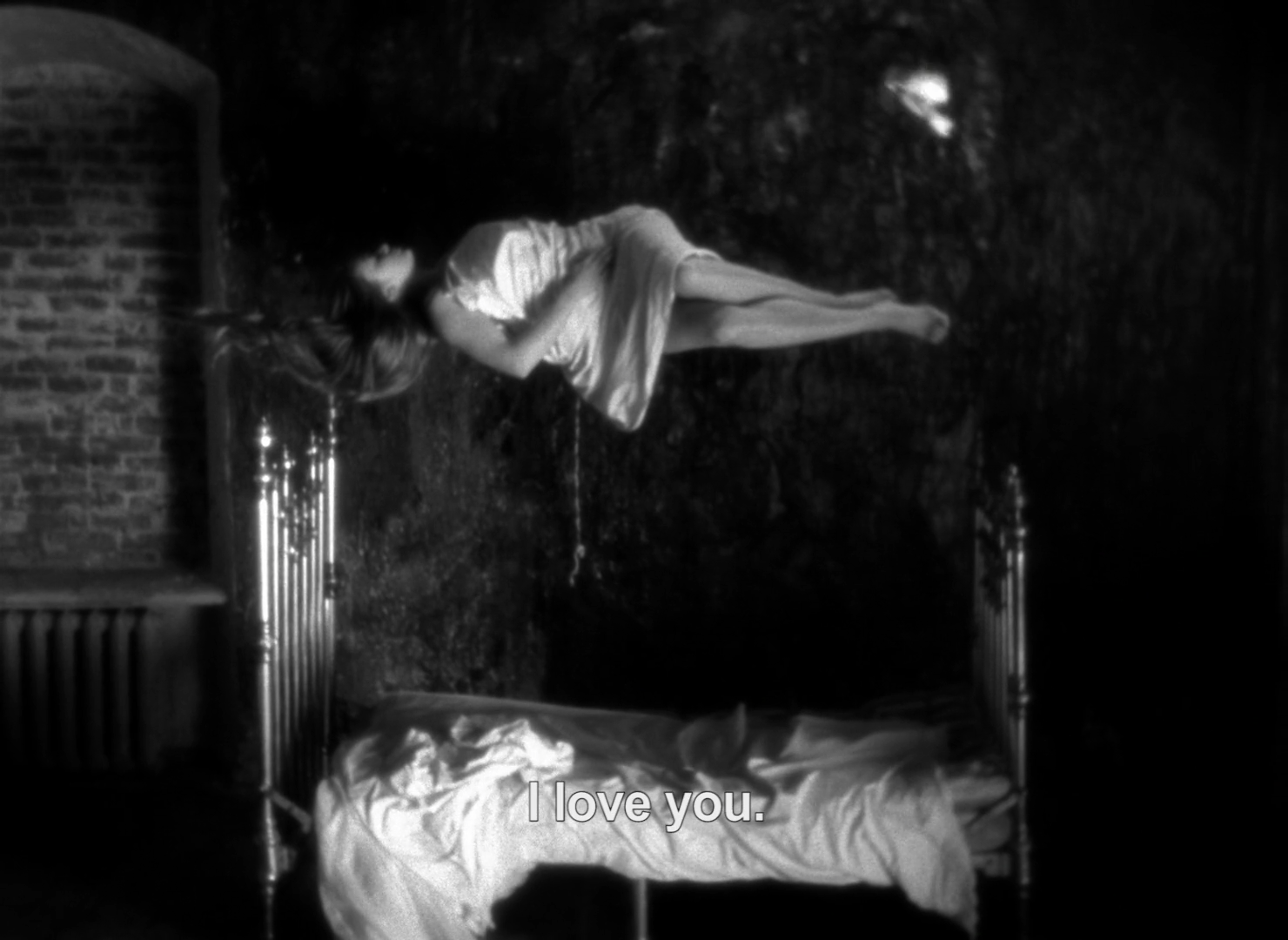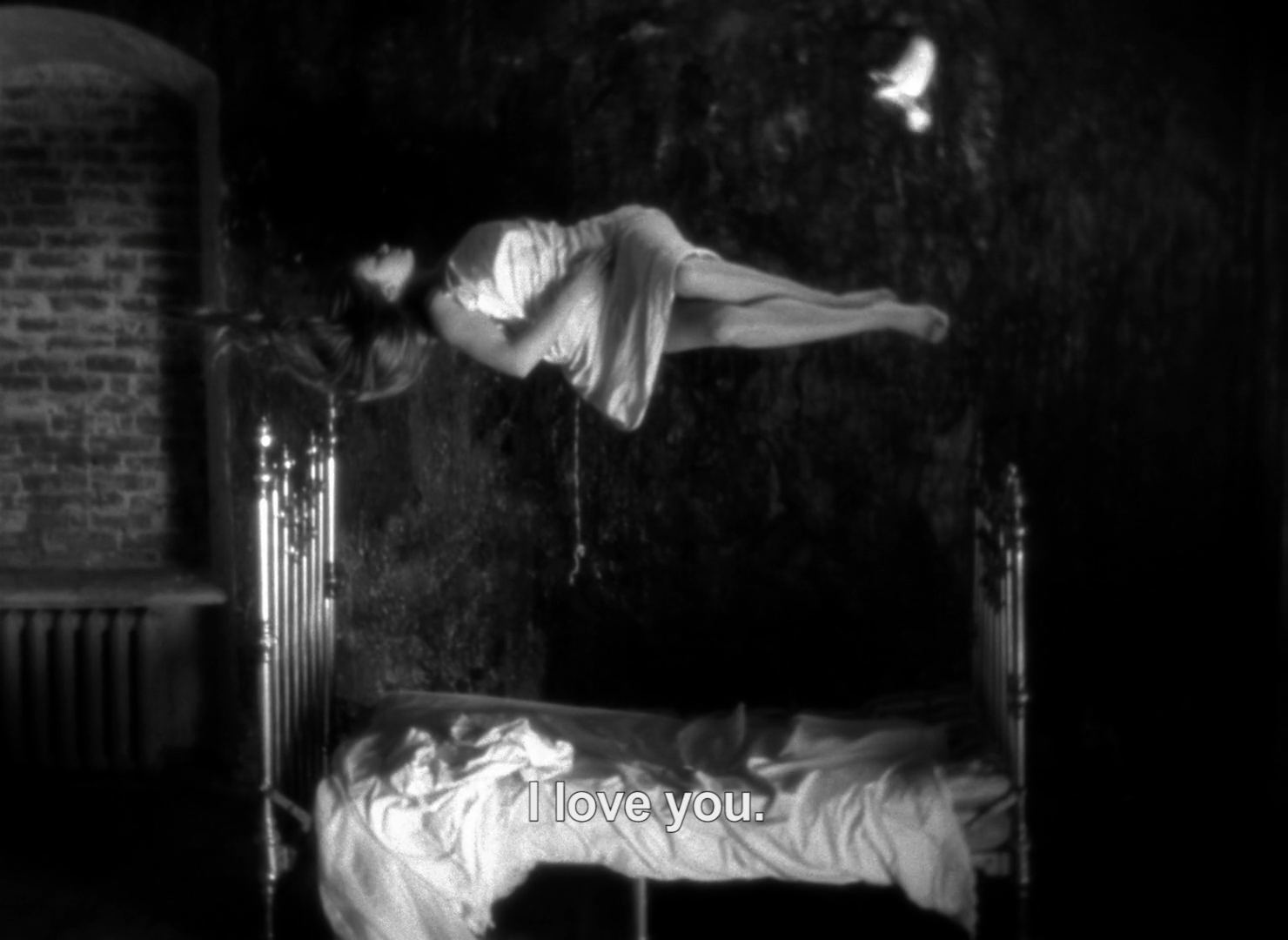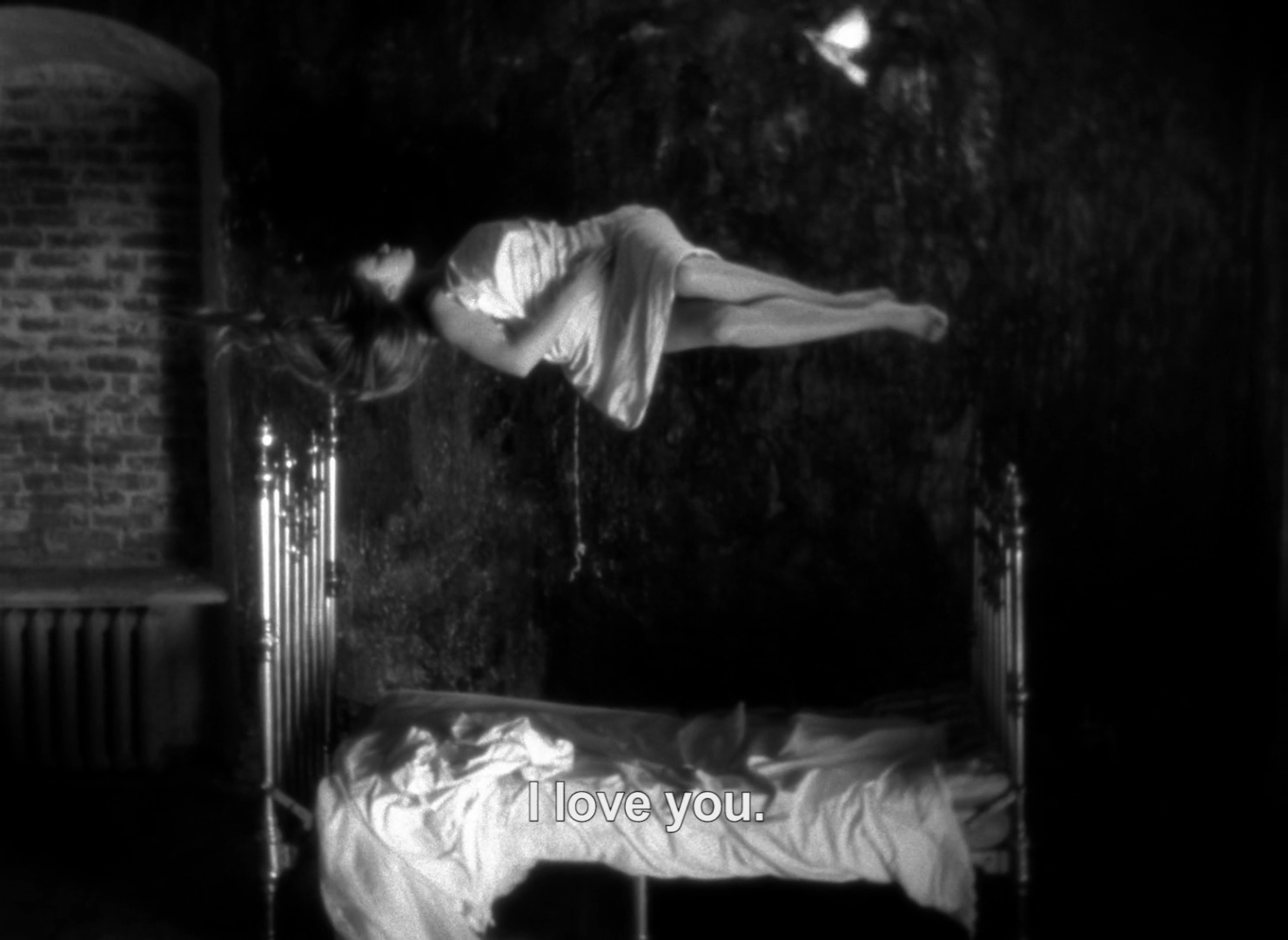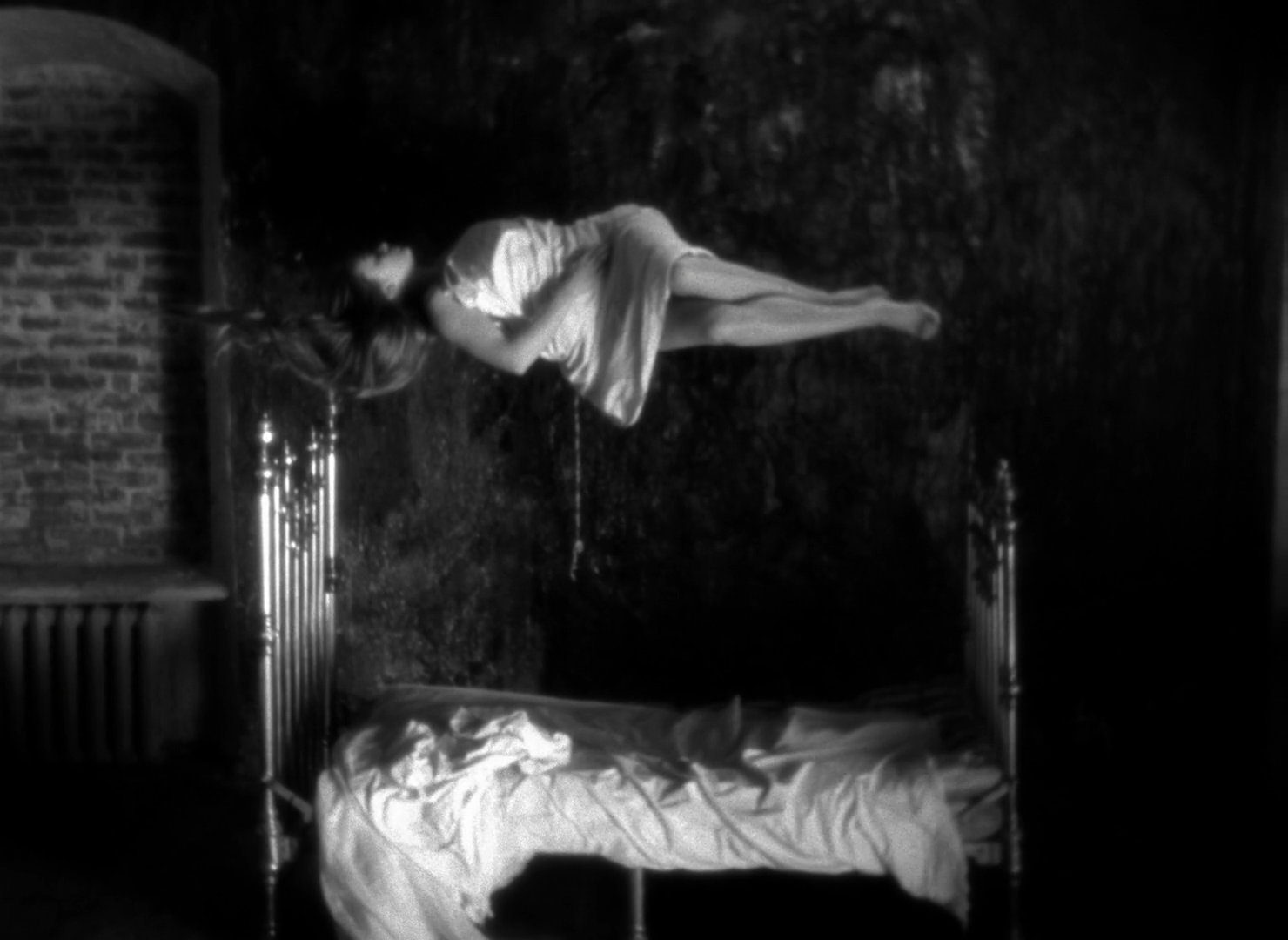Andrei Tarkovsky in A Poet in the Cinema: "If our life tends to this spiritual enrichment, then art is a means to get there."
Andrei Tarkovsky in Donatella Baglivo's A Poet in the Cinema presents a poetic and timeless definition of art.
Andrei Tarkovsky's Mirror: "Everything will be alright."
Mirror, directed by Andrei Tarkovsky, screenplay by Andrei Tarkovsky and Aleksandr Misharin, cinematography by Georgi Rerberg, music by Eduard Artemev, and edit by Lyudmila Feyginova.
“Before defining art—or any concept—we must answer a far broader question: what’s the meaning of man’s life on Earth? Maybe we are here to enhance ourselves spiritually. If our life tends to this spiritual enrichment, then art is a means to get there. This, of course, in accordance with my definition of life. Art should help man in this process.” Art should help mankind in this process that Tarkovsky describes as spiritual enrichment. One of the gifts of art is its ability to present meaning to our experience of life. That is to say, art should help mankind rise toward the actualization of our best selves. As Tarkovsky writes in Sculpting in Time, “Art is a meta-language, with the help of which people try to communicate with one another; to impart information about themselves and assimilate the experience of others. Again, this has not to do with practical advantage but with realizing the idea of love, the meaning of which is in sacrifice: the very antithesis of pragmatism.”
Andrei Tarkovsky in A Poet in the Cinema: "Learn to love solitude."
Andrei Tarkovsky in Donatella Baglivo's A Poet in the Cinema shares a valuable lesson and a gem of wisdom for enriching your life.
Creative Inspiration: All Artists Have Unique Paths
All artists have unique paths. Bresson, Tarkovsky, and Melville are three examples of artists who inspire us not only with their masterful filmmaking and timeless films but also with how they began their careers as filmmakers. It does not matter at what age you start. It does not matter from where you start. The pursuit of your dreams and passions is a never-ending quest. The right time to start is always now.
Favorite Films of Filmmakers: Andrei Tarkovsky's Top 10 Films
Filmmaking Wisdom from Andrei Tarkovsky
Andrei Tarkovsky's Solaris: "But love is a feeling we can experience but never explain."
Solaris, directed by Andrei Tarkovsky, screenplay by Andrei Tarkovsky and Fridrikh Gorenshteyn, cinematography by Vadim Yusov, music by Eduard Artemev, and edit by Lyudmila Feyginova and Nina Marcus.
The key to great filmmaking is how you utilize your cinematic style to absorb the audience into a unique experience that can only be created through the art of cinema. Harmonizing specificity of vision and economy of meaning results in great filmmaking, that is to say your artistic voice plus finely-tuned decision-making in details through a mastery of film language equals a mindful use of your cinematic style. All great films encapsulate the filmmaker’s struggle to express him or herself within the confines of production and his or her feelings of what is and what is not meaningful to the film and the path to implementing what is in the most mindful way to the storytelling of the film.
In Sculpting in Time, Andrei Tarkovsky shares a striking thought on cinema relevant to this philosophy on great filmmaking: “I love cinema. There is still a lot that I don't know: what I am going to work on, what I shall do later, how everything will turn out, whether my work will actually correspond to the principles to which I now adhere, to the system of working hypotheses I put forward. There are too many temptations on every side: stereotypes, preconceptions, commonplaces, artistic ideas other than one's own. And really it's so easy to shoot a scene beautifully, for effect, for acclaim...But you only have to take one step in that direction and you are lost. Cinema should be a means of exploring the most complex problems of our time, as vital as those which for centuries have been the subject of literature, music and painting. It is only a question of searching, each time searching out afresh the path, the channel, to be followed by cinema. I am convinced that for any one of us our filmmaking will turn out to be a fruitless and hopeless affair if we fail to grasp precisely and unequivocally the specific character of cinema, and if we fail to find in ourselves our own key to it.”
Film Technique: The Mirror Shot in Andrei Tarkovsky's Mirror
Mirror, directed by Andrei Tarkovsky, screenplay by Andrei Tarkovsky and Aleksandr Misharin, cinematography by Georgi Rerberg, music by Eduard Artemev, and edit by Lyudmila Feyginova.
"Mirrors are the essence of movies." When we reflect on Andrei Tarkovsky's poetic direction of film language, we can not help but think Tarkovsky would agree with Nicolas Roeg's statement on the use of mirrors in filmmaking. The mirror shot carries the essence of the frame within a frame technique and the feel of the mise-en-abyme, as in the metaphysical meaning manifested by the story within a story technique found in literature and that translates into the visual arts to great effect. Call to mind Gabriel Garcia Marquez's One Hundred Years of Solitude in literature. In painting, think of Las Meninas by Diego Velázquez. In cinema, consider Orson Welles' Citizen Kane and The Lady from Shanghai. The mirror is an impactful tool for artistic expression. In the hands of a filmmaker who emphasizes the effective use of film language, the mirror furthers visual, emotional, and psychological depth, and in the hands of a filmmaker like Andrei Tarkovsky, it furthers poetic depth, as seen in his masterpiece Mirror. The mirror shot is a shot of intimacy that allows a narrative to connect with an audience in terms of contemplation, discovery, desire, identity, memory, persona and truth, and much more.
Filmmaking Wisdom from Andrei Tarkovsky
Filmmaking Wisdom from Andrei Tarkovsky
Andrei Tarkovsky's Mirror: "I Love You."
Mirror, directed by Andrei Tarkovsky, screenplay by Andrei Tarkovsky and Aleksandr Misharin, cinematography by Georgi Rerberg, music by Eduard Artemev, and edit by Lyudmila Feyginova.
“Why do I so frequently include a levitation scene, a body rising up? Simply because the scene has a great power. This way things can be created that are more cinematic, more photogenic. When I imagine a person suspended in mid-air, it pleases me. I find myself filled with emotion. If some fool asks me why in my last film people float up in the air, I would say: ‘It’s magic.’ If the same question came from someone with a more acute intelligence and poetic sensibility, I would respond that for these characters love was not the same thing as it was for the author of Betty Blue. For me, love is the supreme manifestation of mutual understanding, and this can not be represented by the sexual act. Everybody says that if there is no ‘love’ in a film, it is because of censorship. In reality it is not ‘love’ that’s shown on screen but the sexual act. The sexual act is for everyone, for every couple, something unique. When it is put into films, it’s the opposite.” Love for Tarkovsky brings meaning to our human existence. The act of love in his films go beyond the sexual act, and hence, he restrains from depicting the physicality of the sex scene and utilizes levitation scenes as poetic expressions of love. True lovemaking is levitating. True love defies gravity.
Andrei Tarkovsky: Sacrifice Yourself to the Art
“Self-Portrait Polaroid” by Andrei Tarkovsky.
"Cinema uses your life." For Andrei Tarkovsky, cinema is life. His thought that the art form makes use of your life is reflected in his films. Nostalghia follows the story of a Russian poet in Italy as his research into the life of an 18th century composer blends with nostalgic meditations on his life and homeland. Mirror is a cinematic stream of consciousness reflection that draws heavily on the director's personal life. The artistry that shines on screen is also reflective of cinema being life for Tarkovsky. Collaborators speak of his determined focus on set and his drive and commitment toward his filmmaking. This leads to the insight he offers to filmmakers, insight that is useful to all artists. "You should sacrifice yourself to the art." Immersing yourself in the process—in both the artistic act and career journey—is the key to creating a fulfilling creative life.
